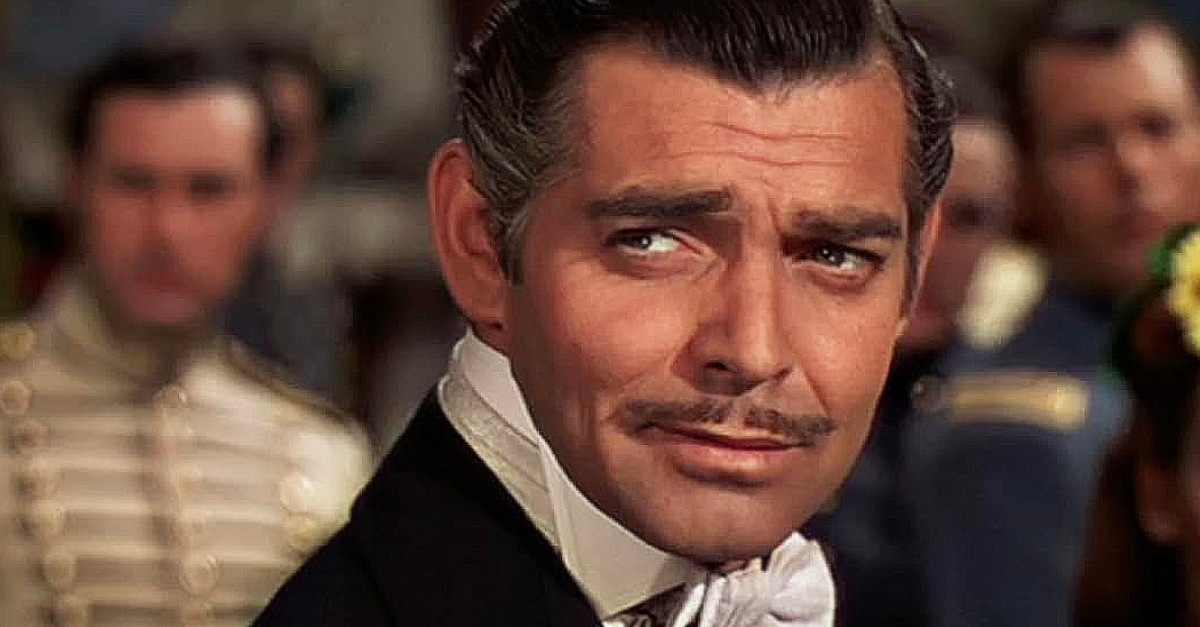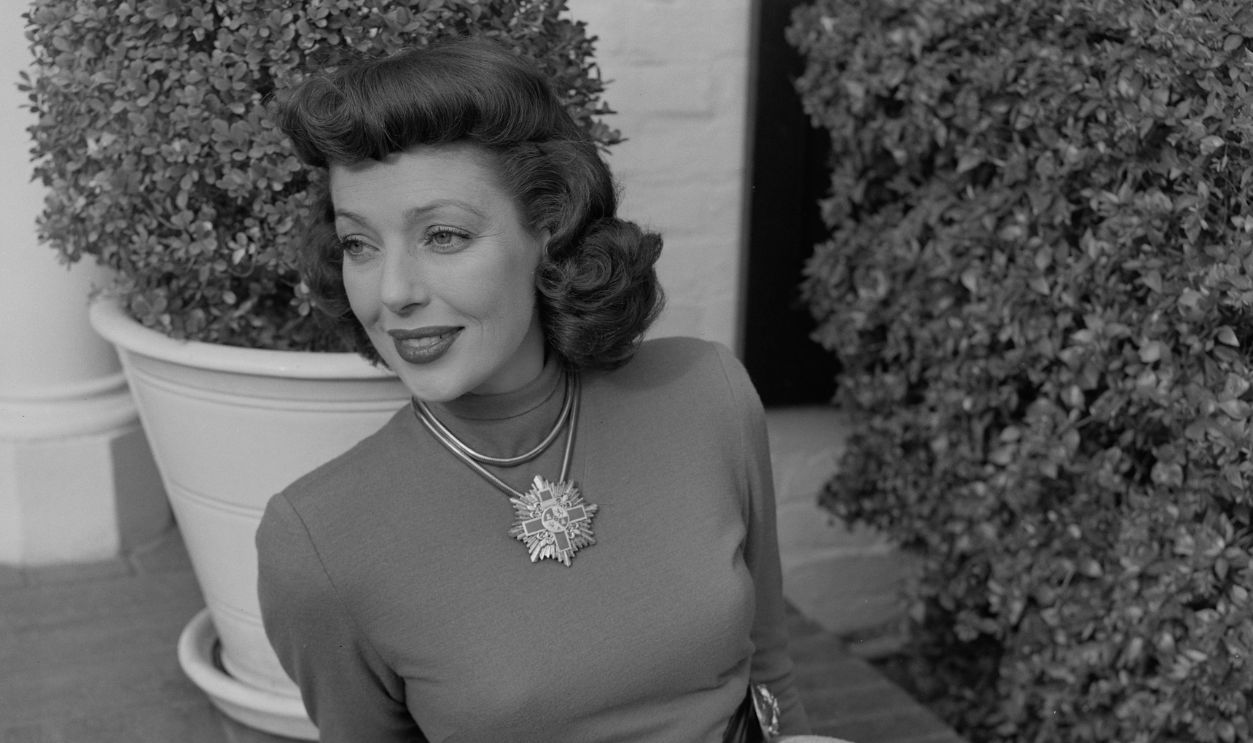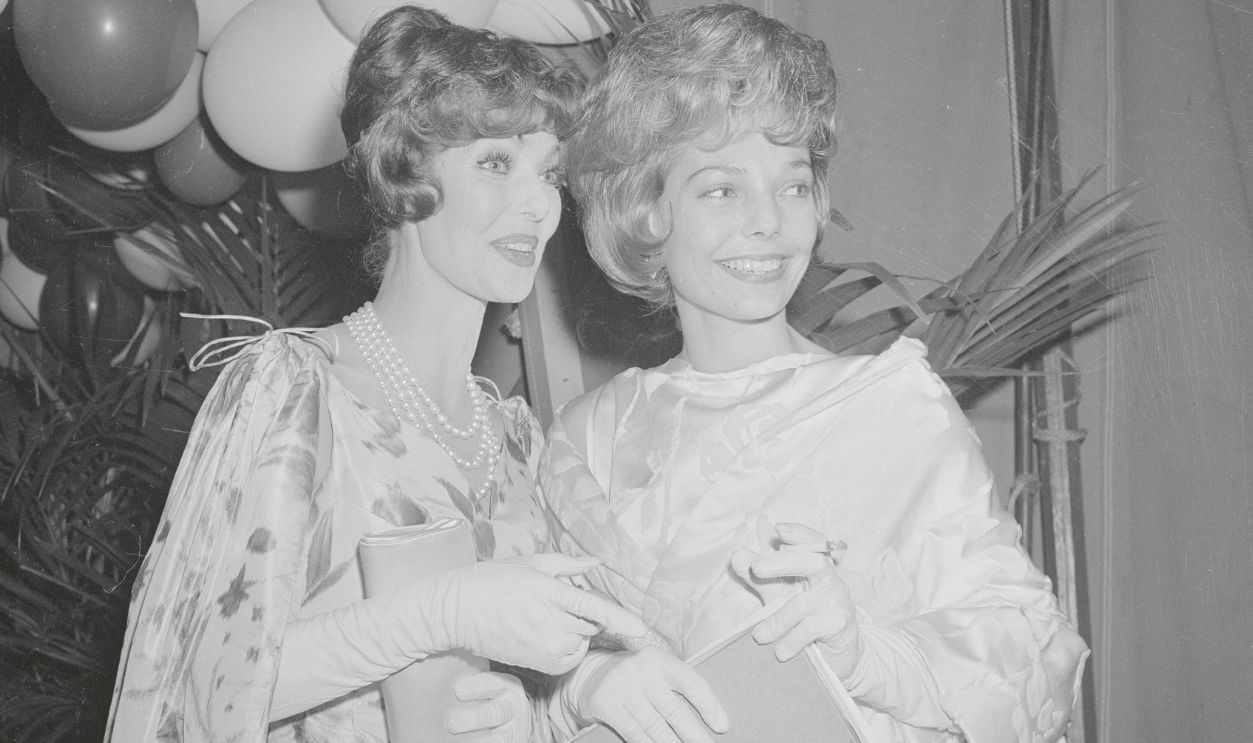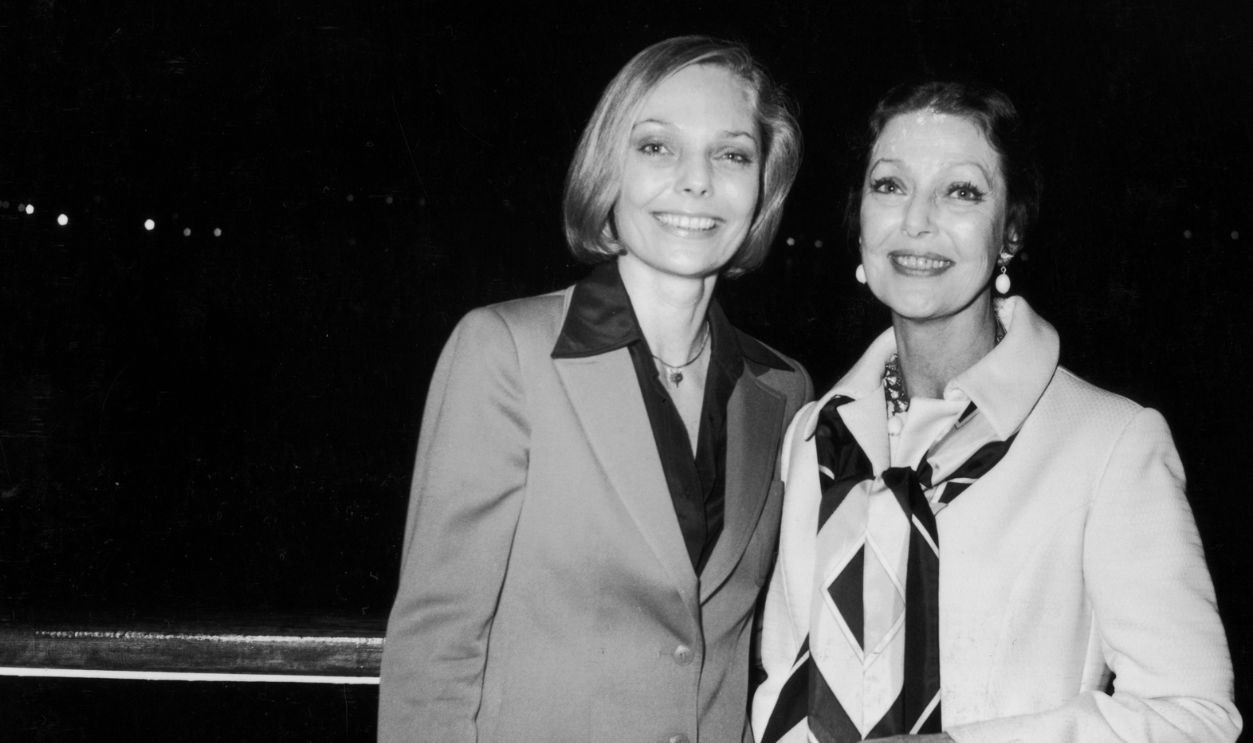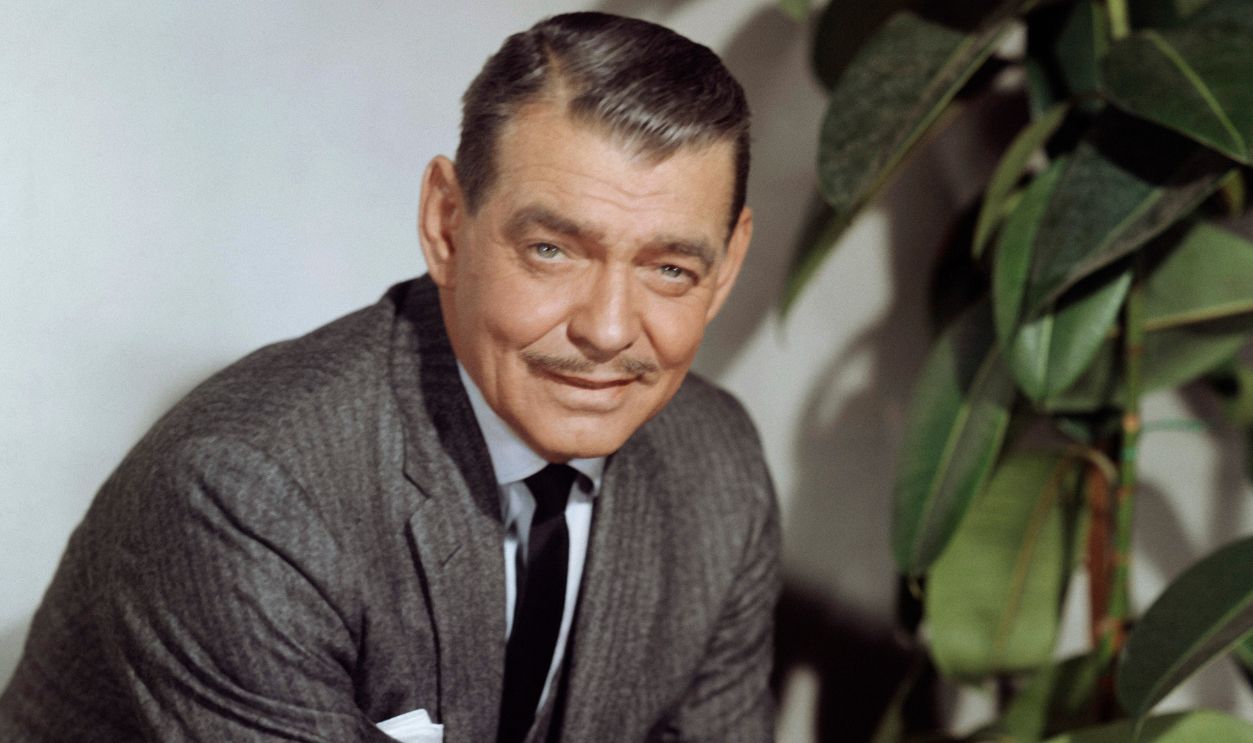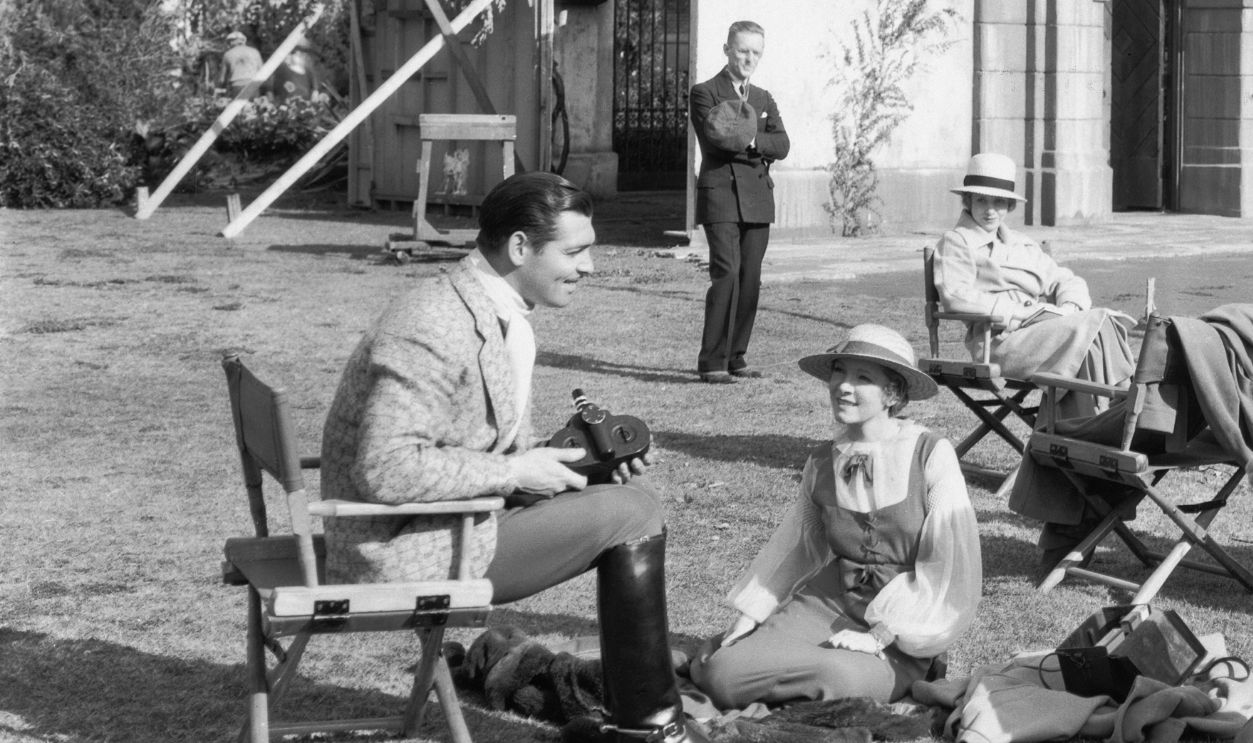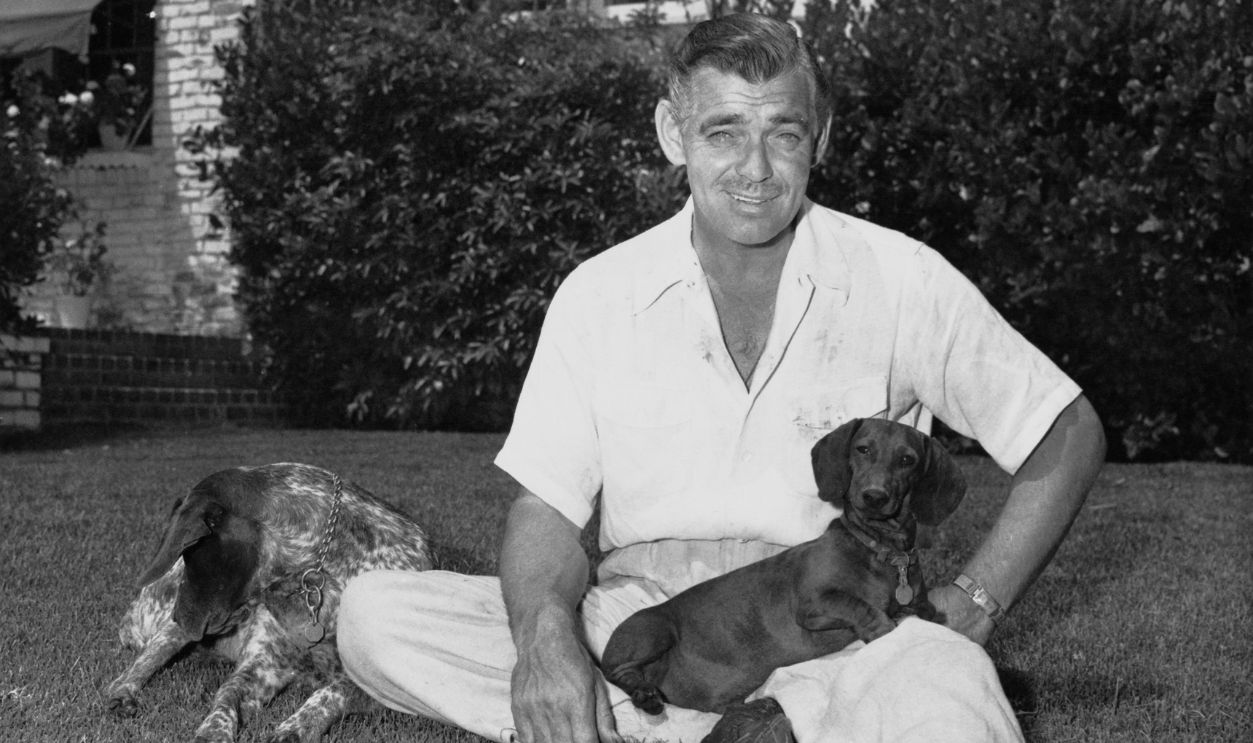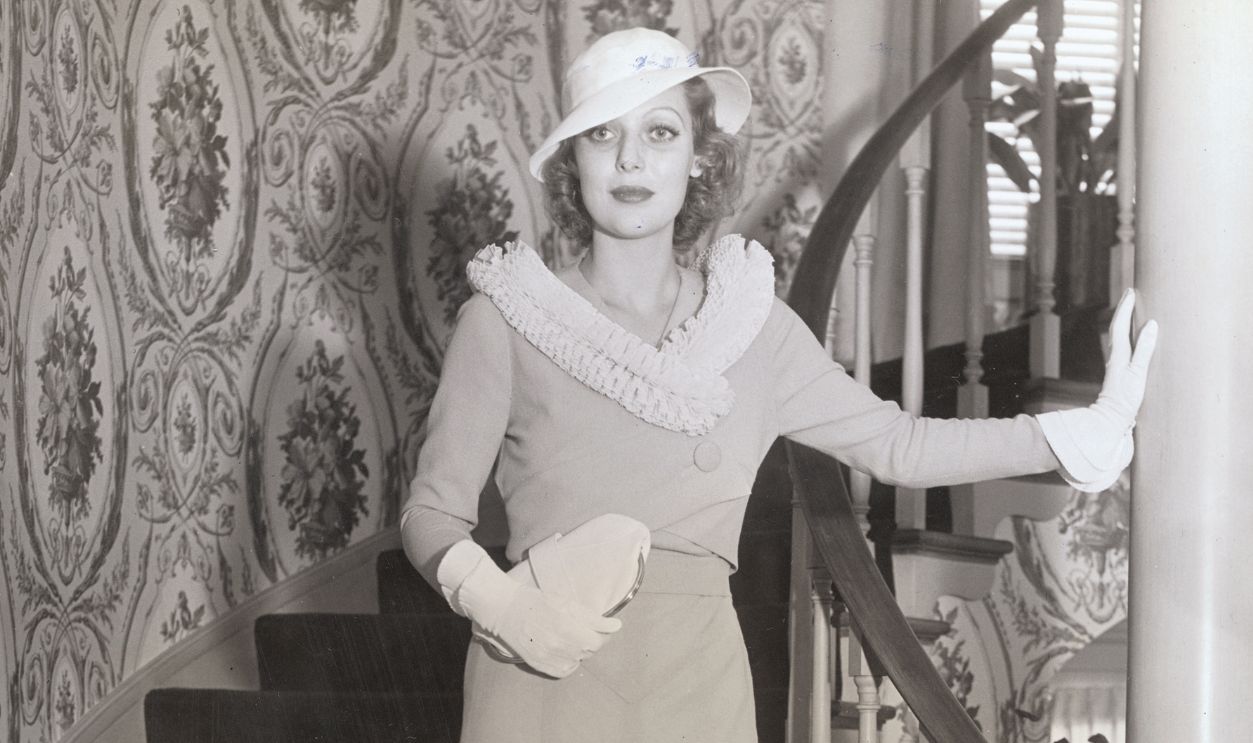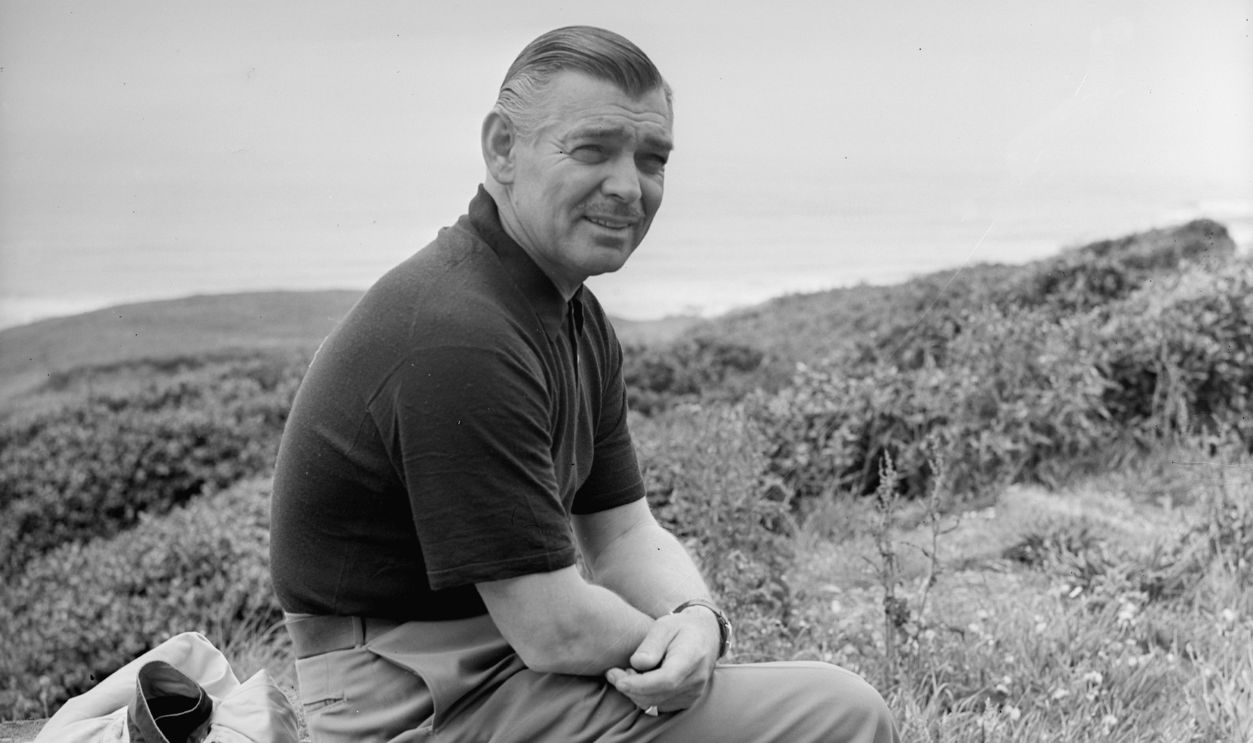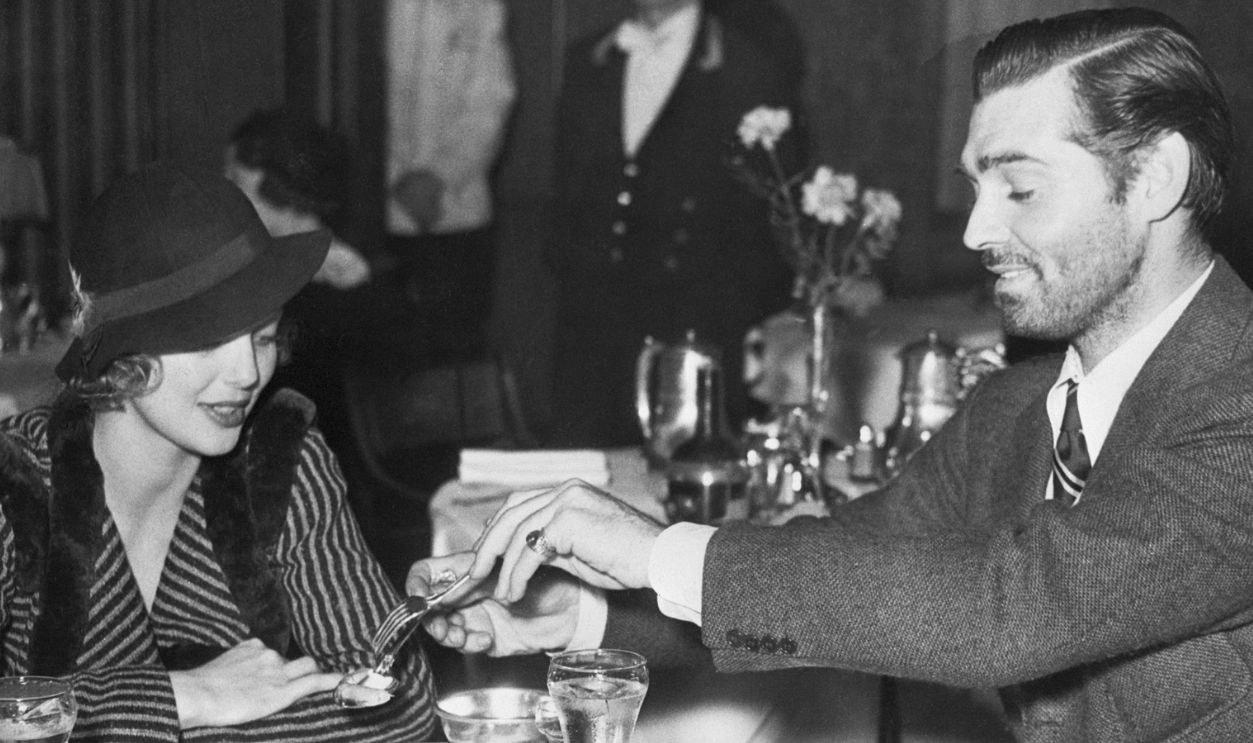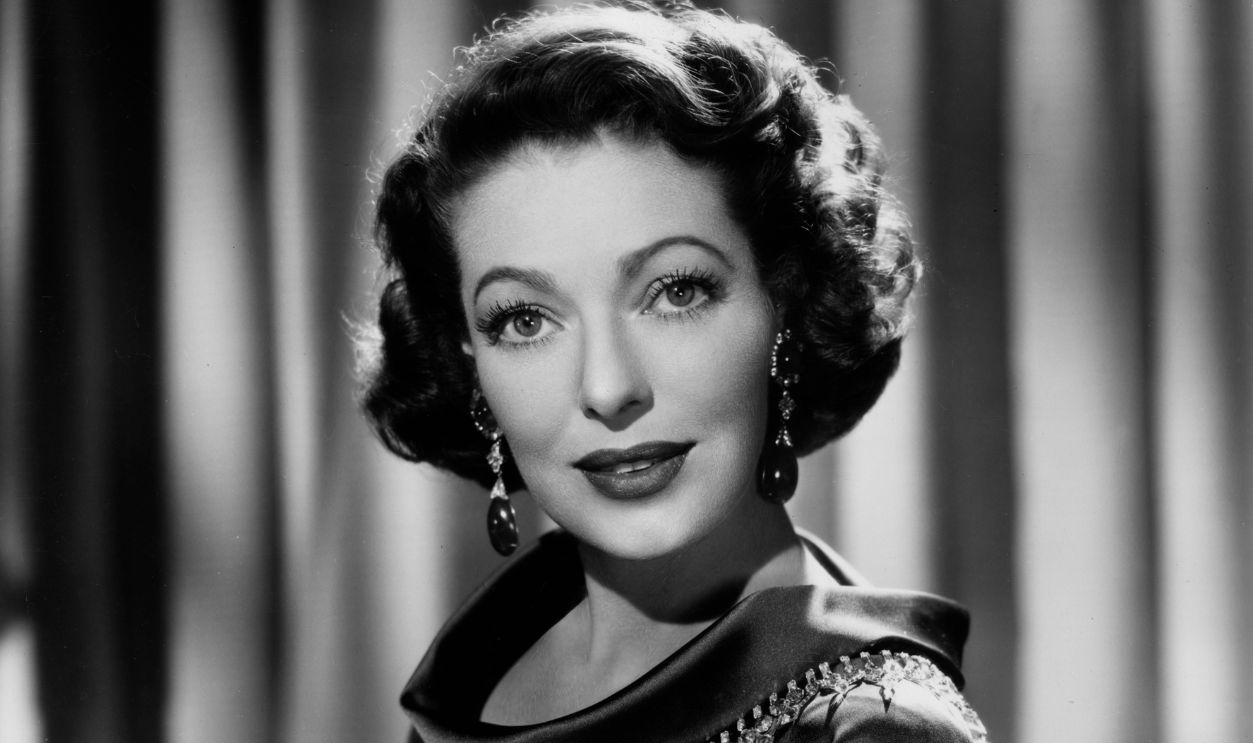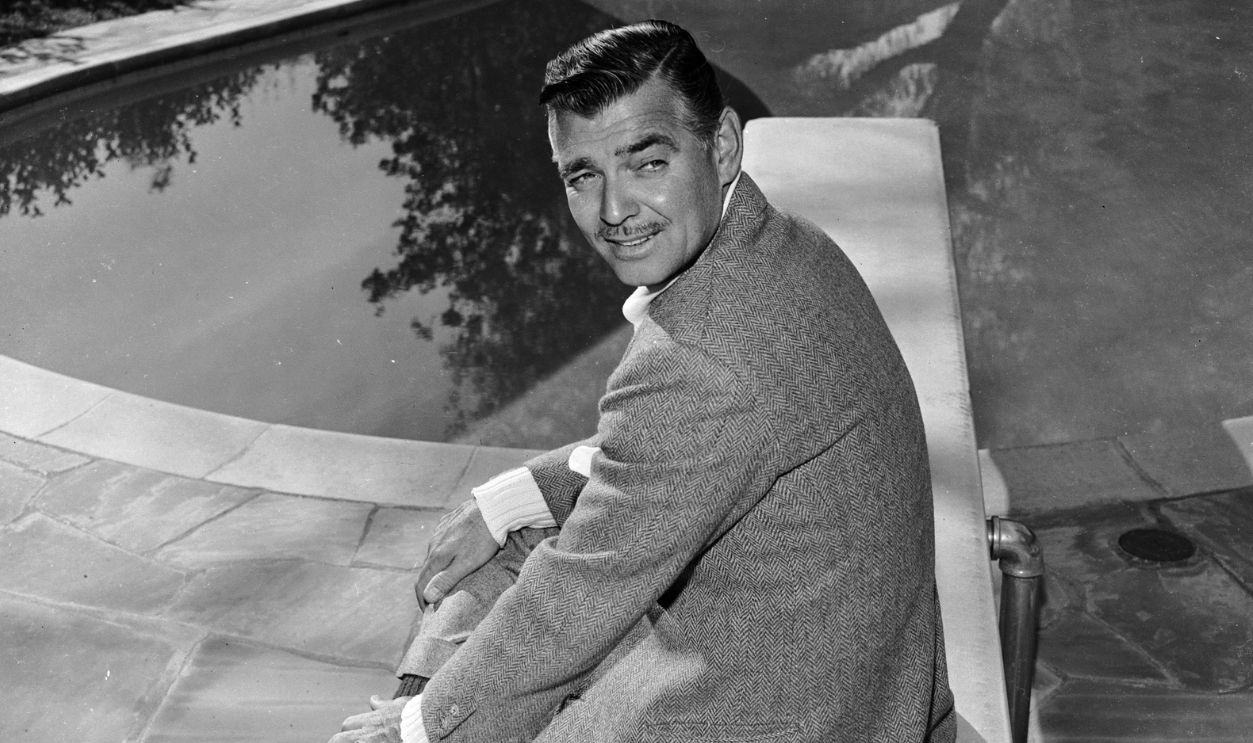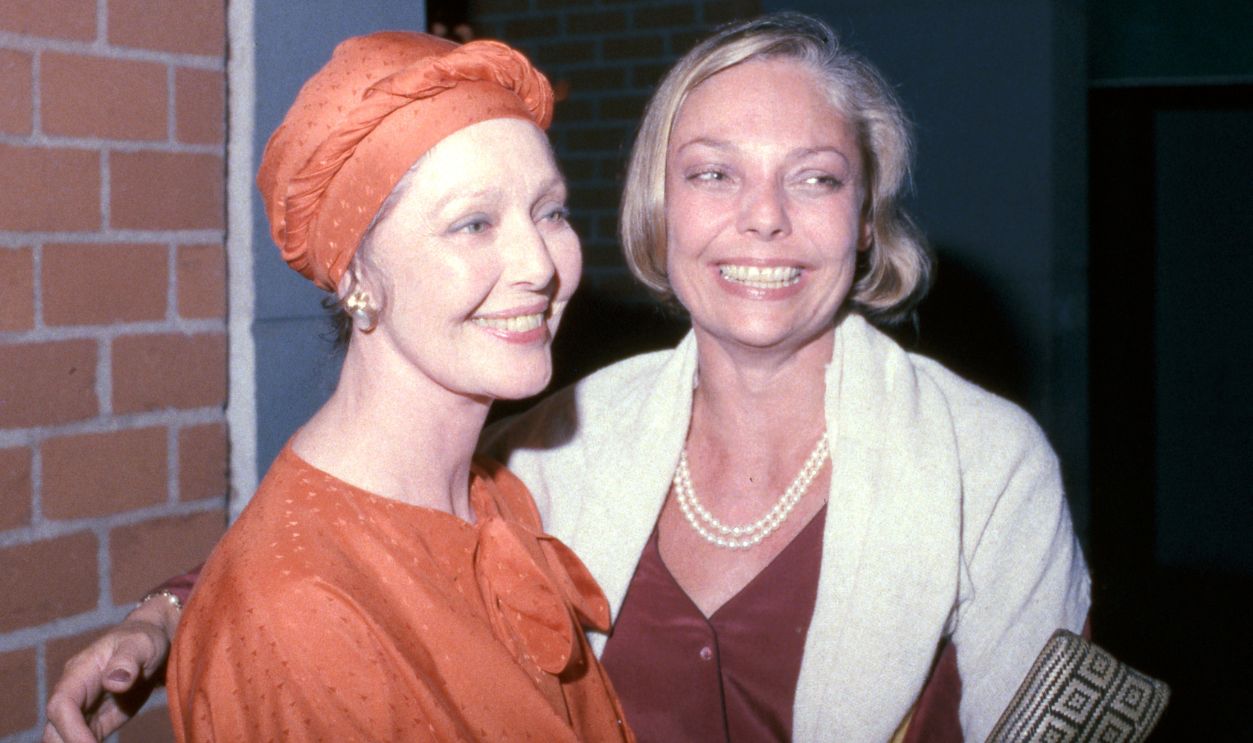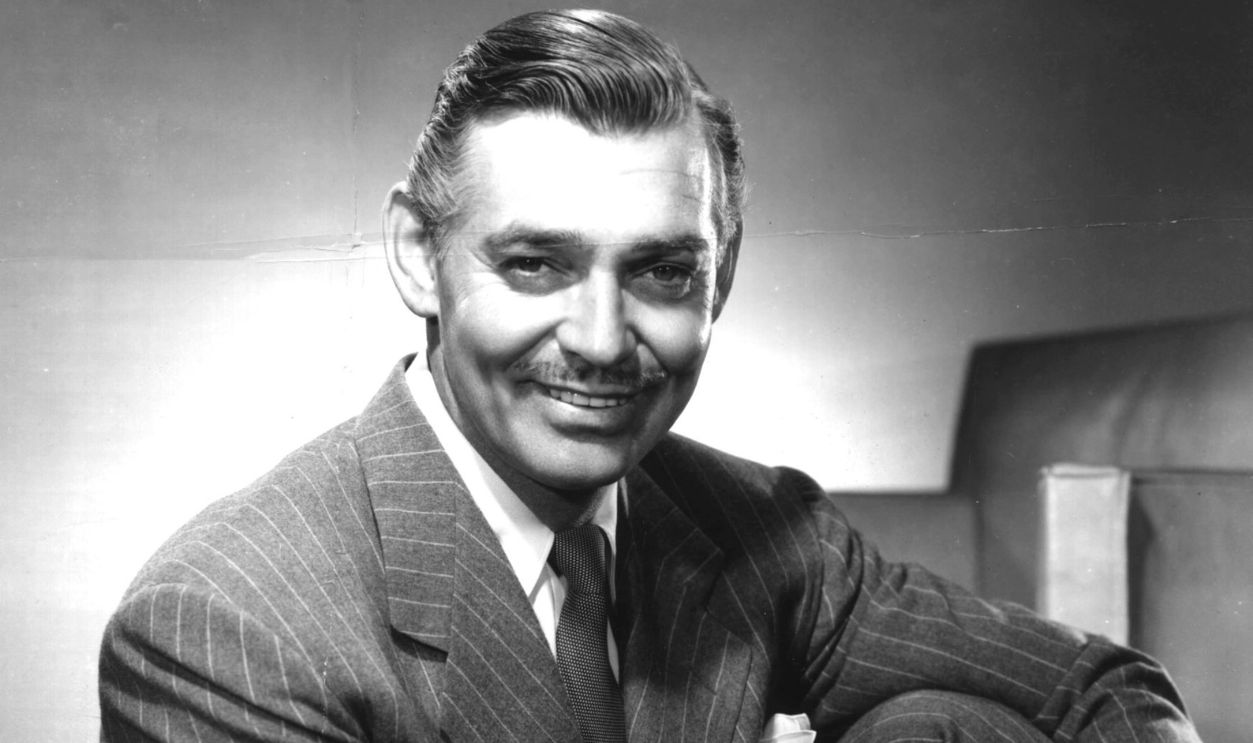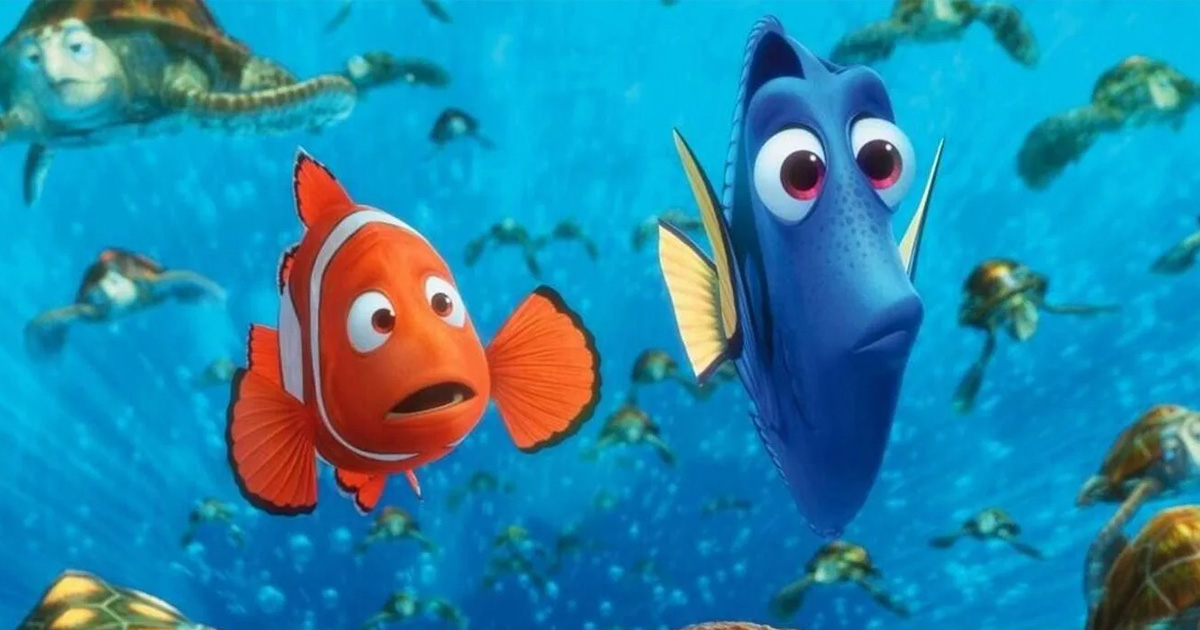The King's Darkest Secret
Clark Gable was the “King of Hollywood”—rugged, magnetic, and adored worldwide (he was Rhett Butler, for goodness’ sake). But behind the silver‑screen image was a secret the studios worked tirelessly to bury. In 1935, Gable fathered a daughter with actress Loretta Young—a daughter he never acknowledged, never claimed, never once called his own.
It’s a dark Hollywood story of cover‑ups, silence, and a man who denied his own child until the grave.
Hollywood’s Carefully Crafted Illusions
The Golden Age wasn’t just about movies—it was about control. Studios dictated what stars wore, who they dated, and how they behaved in public. Scandals were scrubbed clean before fans heard a whisper. When Clark Gable fathered a child, the machine of secrecy stepped up; the King’s crown couldn’t, and wouldn't, be tarnished.
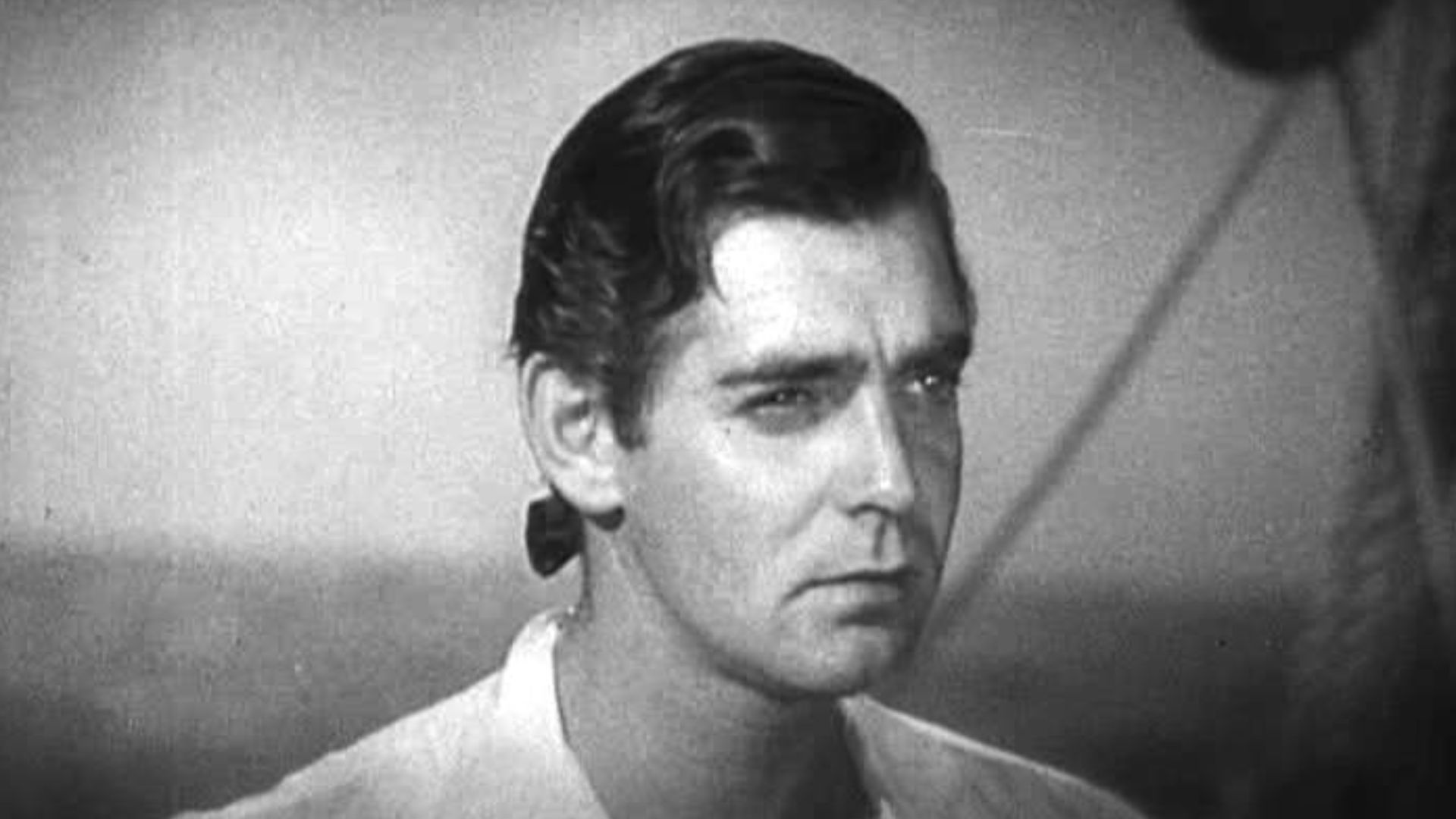 Trailer screenshot, Wikimedia Commons
Trailer screenshot, Wikimedia Commons
Studio Morality Clauses & Risk
In the 1930s, contracts came with strict morality clauses. An out‑of‑wedlock pregnancy could end careers, void deals, and sink films. Publicists wrangled columnists, and fixers cleaned up messes. For MGM, protecting Gable’s image meant protecting profits—acknowledging a secret child was unthinkable.
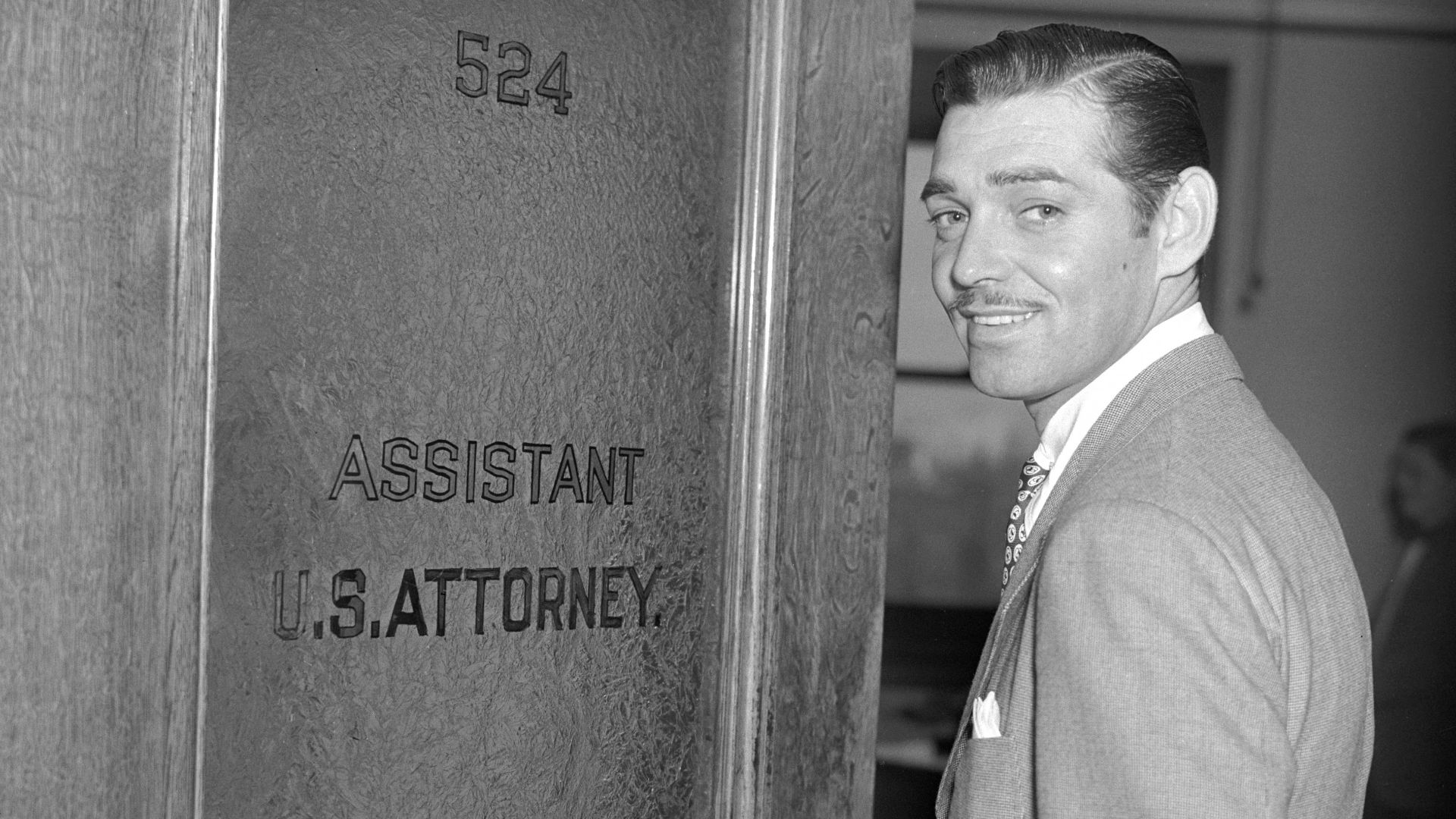 Los Angeles Daily News, Wikimedia Commons
Los Angeles Daily News, Wikimedia Commons
The Affair on Set
It was 1935, during the filming of The Call of the Wild. Gable was America’s rugged leading man; Loretta Young, Hollywood’s wholesome Catholic sweetheart. Gossip swirled that Gable pursued her insistently. Whatever the dynamic, the result was the same: Loretta became pregnant by the industry’s most bankable star.
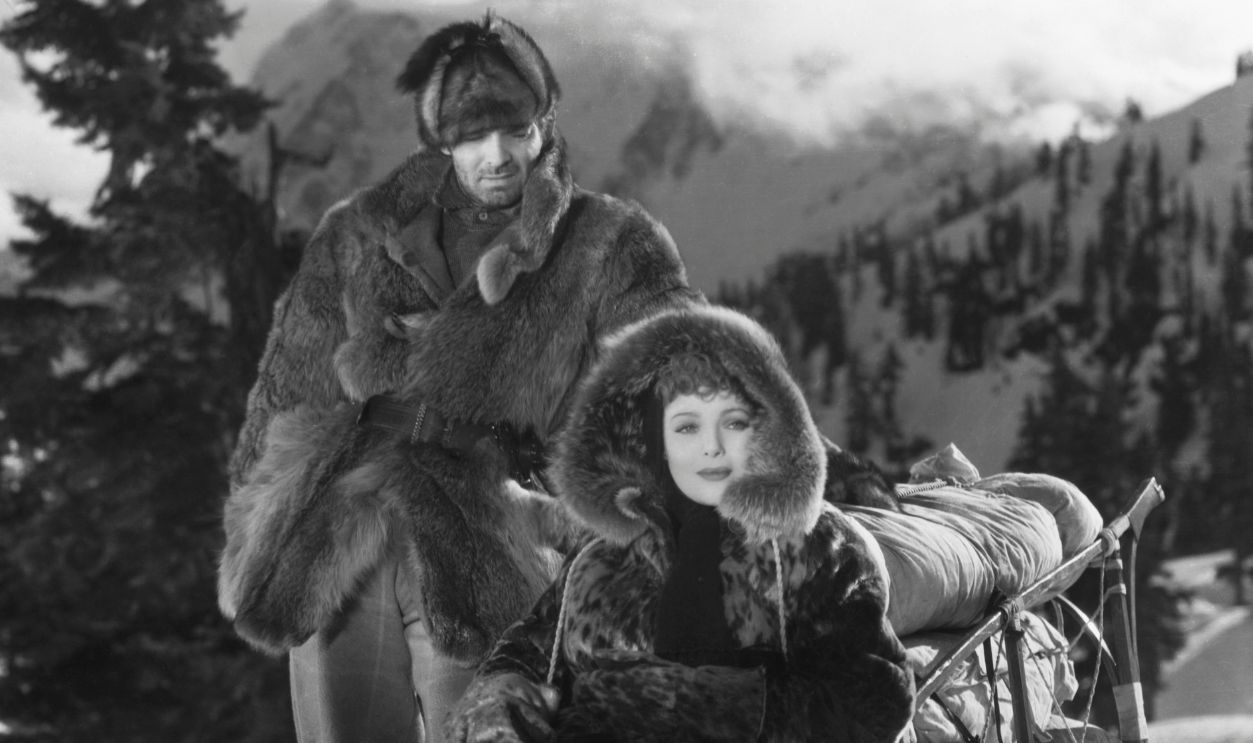 John Springer Collection, Getty Images
John Springer Collection, Getty Images
Loretta’s Catholic Dilemma
For Loretta Young, devout Catholicism guided every choice. Abortion was unthinkable. Yet raising a child openly would have branded her a fallen woman. Her solution? Secrecy. She vanished from the spotlight, claiming illness, while her pregnancy advanced behind closed doors.
A Discreet Disappearance
Loretta, shielded by studio handlers, retreated from the public eye. She even staged a trip to Europe, offering up a reason for her absence. By the time she returned, whispers had calmed down. Her carefully managed disappearance allowed her to carry the pregnancy in silence.
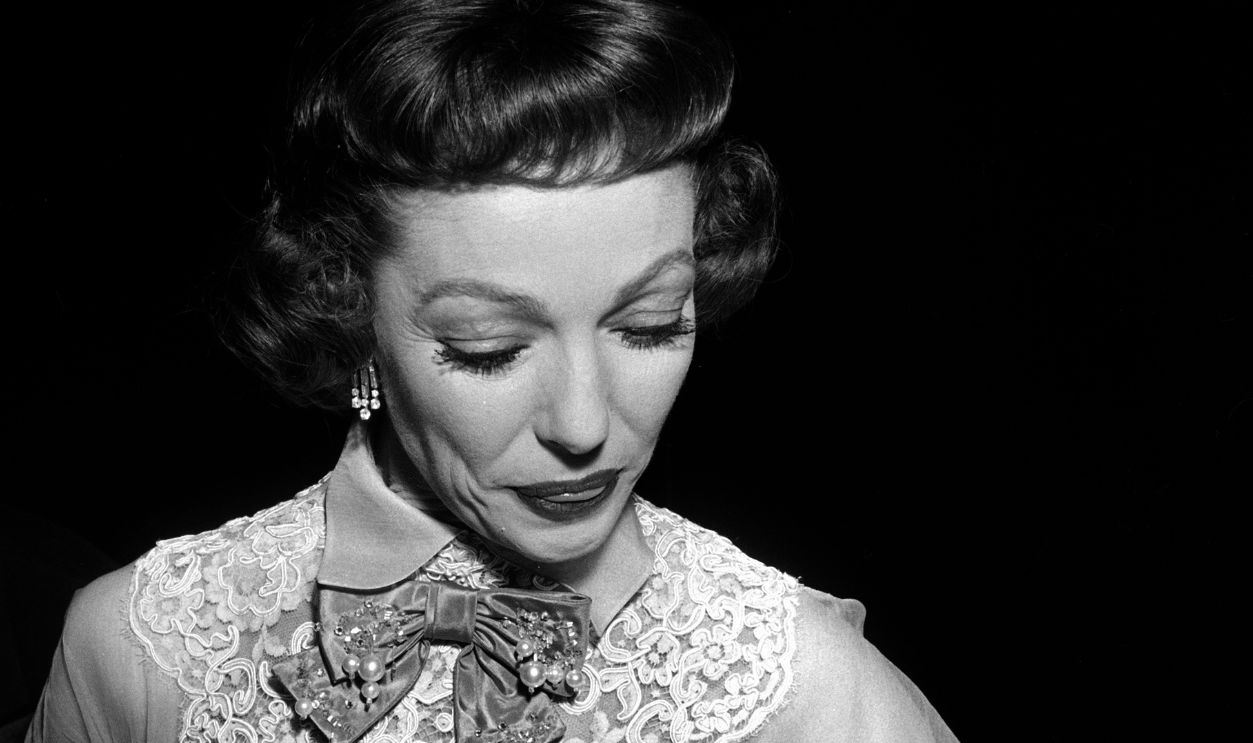 Michael Ochs Archives, Getty Images
Michael Ochs Archives, Getty Images
The Hidden Birth
In November 1935, Loretta gave birth to a baby girl—Judy Lewis. The delivery was hidden away, attended in secrecy. No announcements, no proud parents in the press. Just a child born into Hollywood’s deepest scandal, wrapped in silence from the first breath.
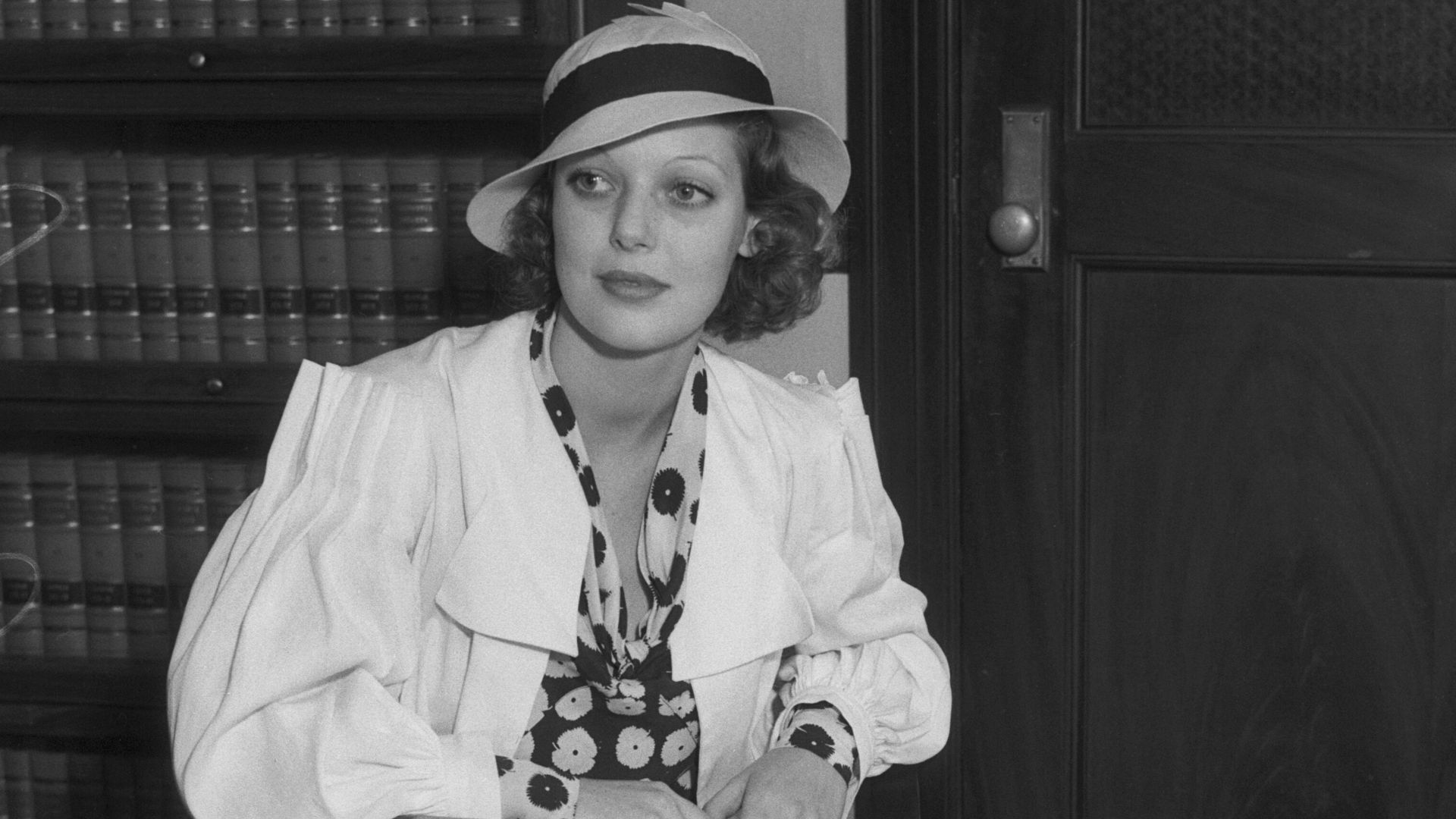 Los Angeles Times, Wikimedia Commons
Los Angeles Times, Wikimedia Commons
Adoption by Design
Loretta engineered a cover story. Judy was placed in an orphanage, only to be “adopted” later by Loretta herself. It was an elaborate fiction—designed to protect reputations. Loretta presented herself as a compassionate woman giving a home to an unwanted child, when Judy was her own flesh and blood.
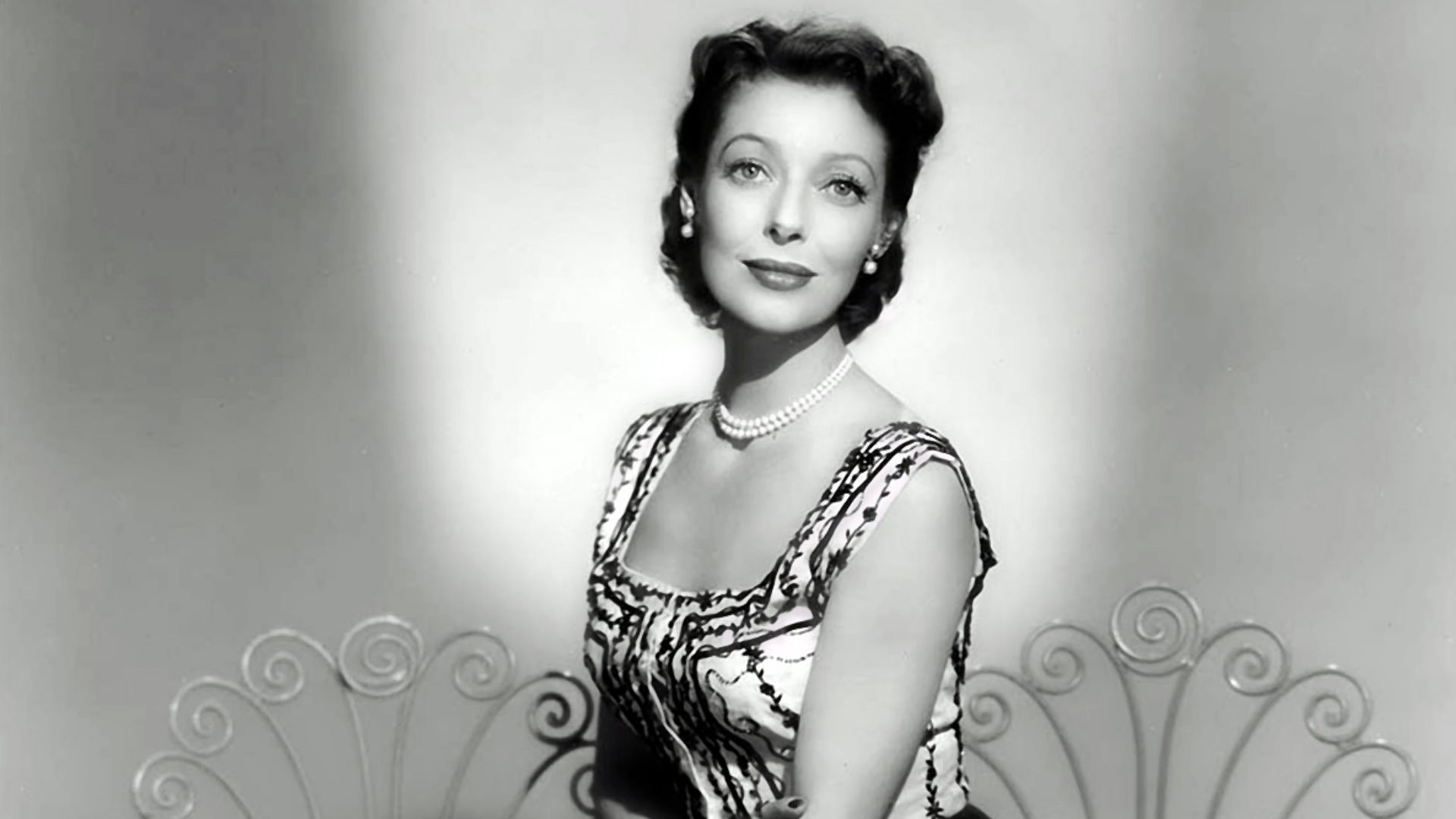 Unknown / Not disclosed, Wikimedia Commons
Unknown / Not disclosed, Wikimedia Commons
Growing Up in the Shadows
Judy Lewis grew up believing she was adopted. Loretta raised her lovingly, but secrets hung in the air. Judy always felt different—set apart. The whispers, the odd glances, the way people hesitated when her name was mentioned—all told her something wasn’t right.
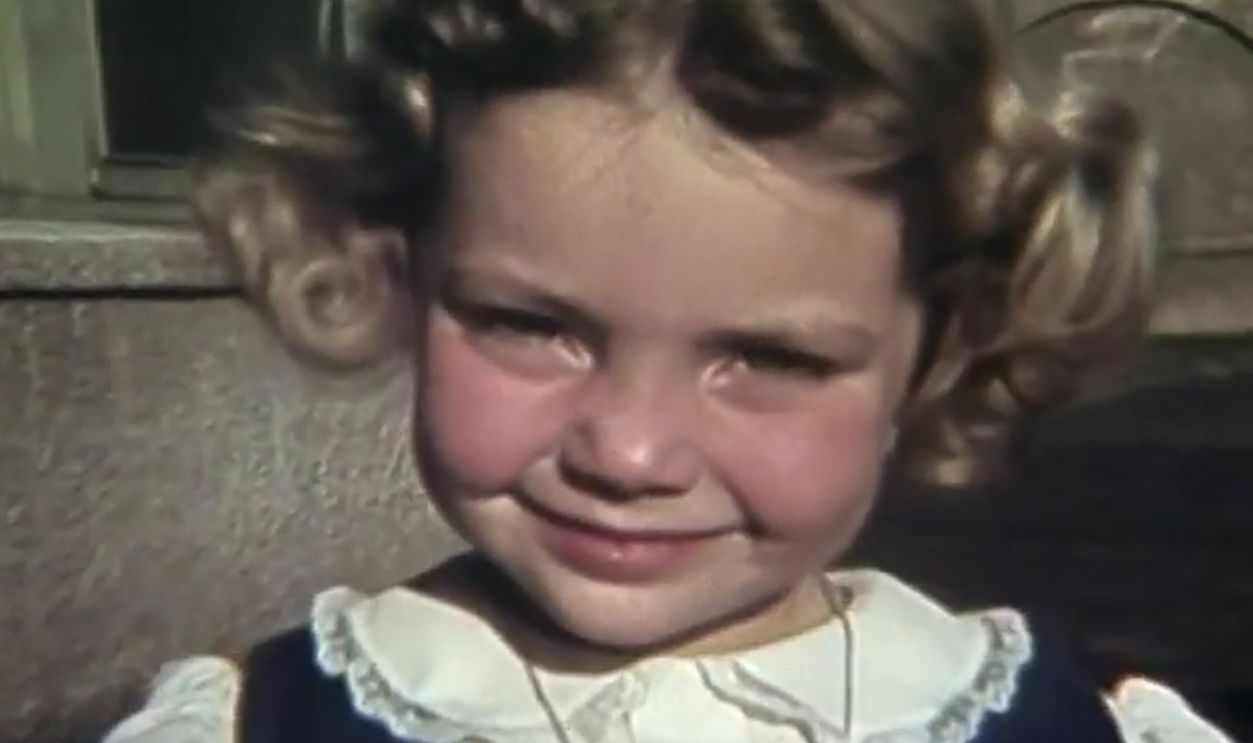 Judy Lewis - Pictures Of The Past, Christopher Lewis
Judy Lewis - Pictures Of The Past, Christopher Lewis
Resemblance That Couldn’t Be Denied
As Judy grew older, the truth was written on her face. Her jawline, her ears, her unmistakable resemblance to Clark Gable. Even casual observers noticed. Judy herself sensed it—her reflection seemed to mock the lies told around her.
The Surgery
One day, Loretta sent young Judy to a doctor. The reason? Her ears. They stuck out in a way that made her look even more like Gable. The surgery pinned them back—an attempt to erase the physical evidence of her famous father.
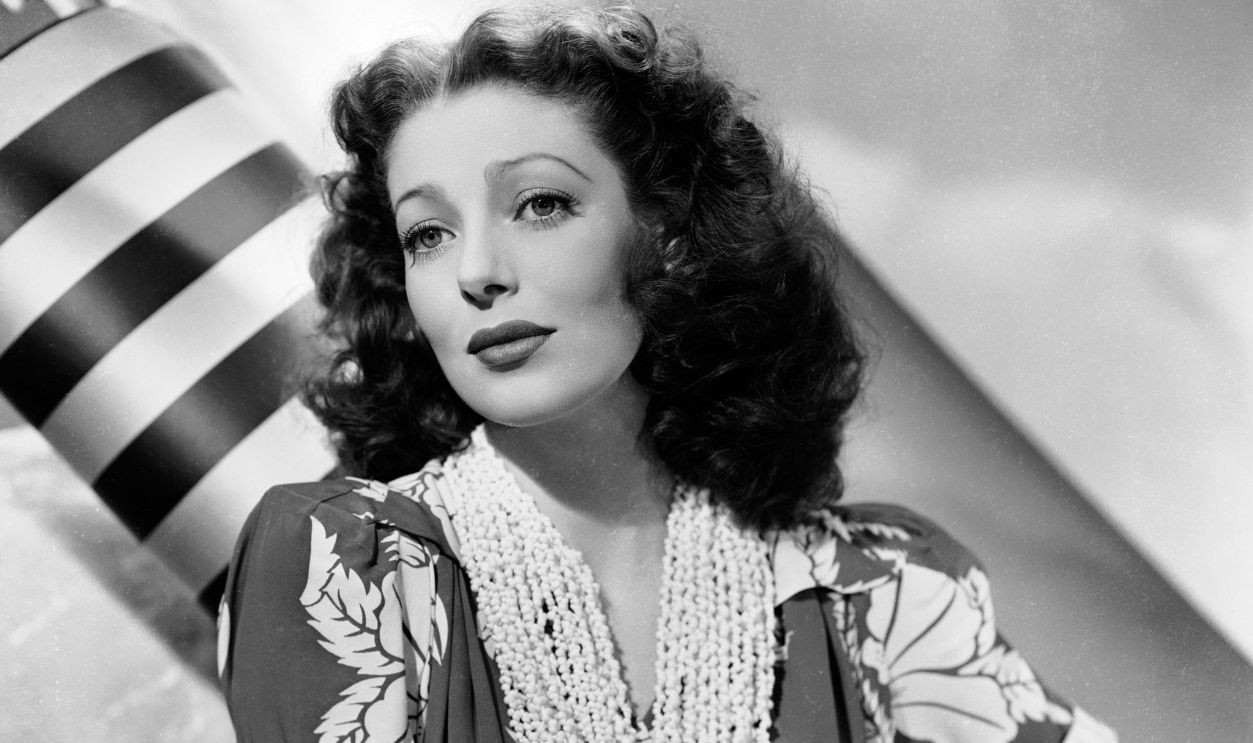 John Kobal Foundation, Getty Images
John Kobal Foundation, Getty Images
Living with Questions
Despite Loretta’s love, Judy lived with unanswered questions. She often felt like she didn’t belong, like she was living someone else’s story. Children pick up on secrets, and Judy was no different. She knew the adults around her weren’t telling the full truth.
Rumors in Hollywood
Within Hollywood, Judy’s parentage was an open secret. Insiders whispered, columnists hinted, and co‑stars gossiped. But the public never knew. For decades, the cover story held—Loretta was simply a saintly actress who had adopted a little girl in need.
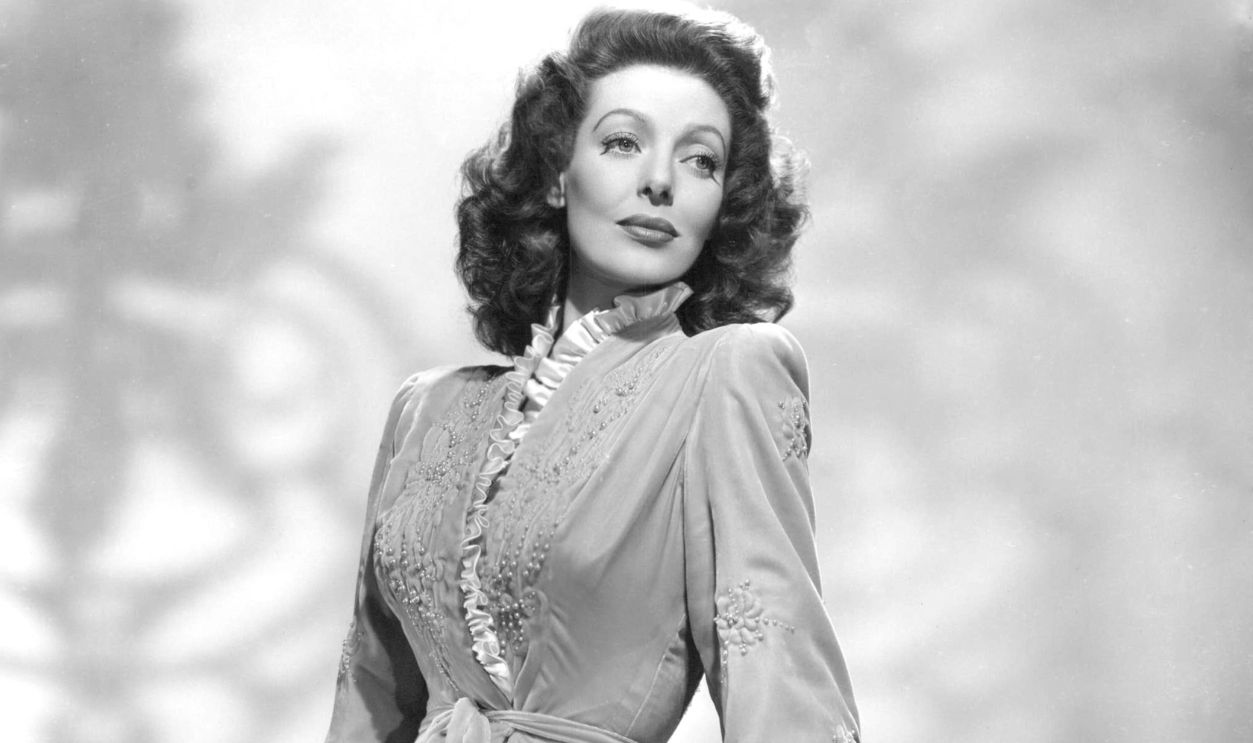 Silver Screen Collection, Getty Images
Silver Screen Collection, Getty Images
Judy’s Acting Dreams
Ironically, Judy followed her parents’ path into entertainment. She became an actress, appearing on television shows. The very world that had denied her existence was now her career. Yet even as she stood in front of cameras, she was living behind lies.
 Unknown authorUnknown author, Wikimedia Commons
Unknown authorUnknown author, Wikimedia Commons
The Fiancé’s Revelation
The truth finally reached Judy through her fiancé. He bluntly told her: Clark Gable was her father. Shocked and unsettled, Judy confronted her mother. At last, Loretta admitted the truth. Yes, Gable was her father. But even then, the admission was private. No public acknowledgment, no validation—just another secret behind closed doors.
Why Gable Stayed Silent
Clark Gable could never risk acknowledging Judy. MGM controlled his image as Hollywood’s rugged king, and an illegitimate child would have shattered it. Loretta’s devout Catholic faith meant she, too, chose secrecy. Together, silence served their careers, reputations, and public personas. For Judy, that silence was a life sentence.
A Daughter Denied
In truth, Gable had options. He could have admitted paternity privately, or even supported Judy quietly. Instead, he chose denial—never a letter, never a word, never a fatherly gesture. To Hollywood, he was untouchable. To Judy, he was absence incarnate. Protecting his myth meant erasing her existence.
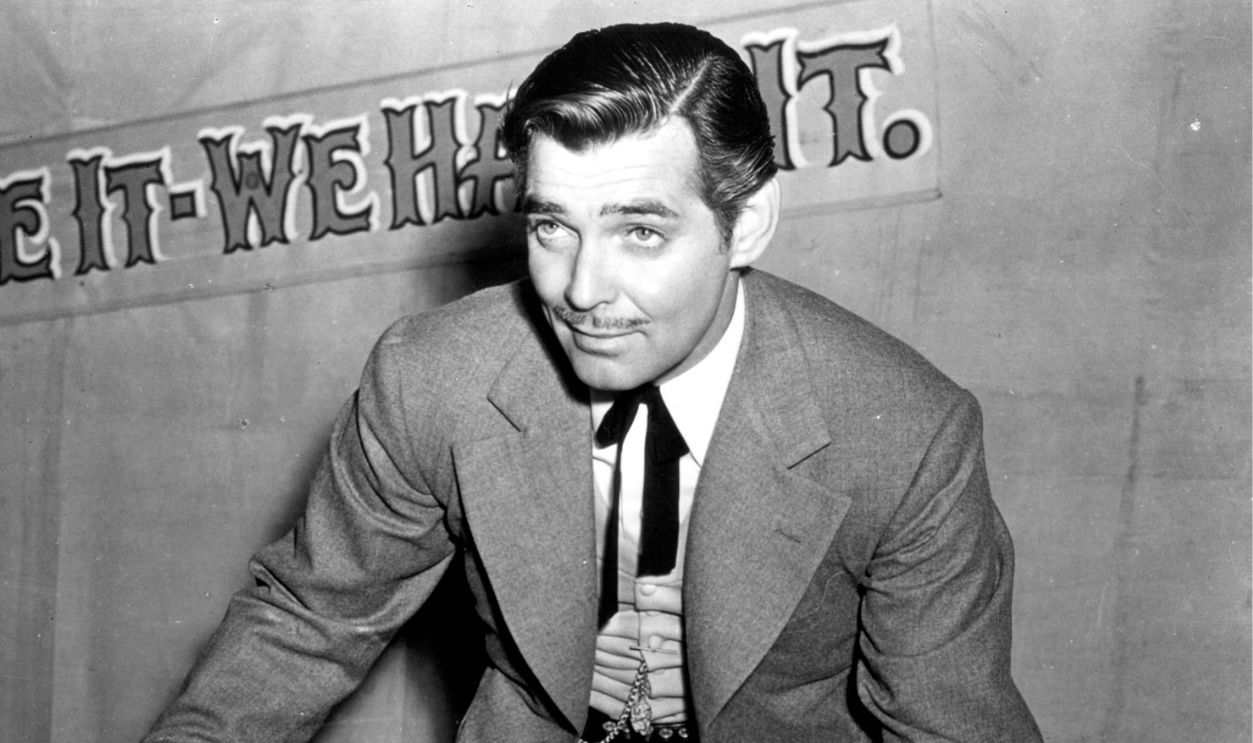 Silver Screen Collection, Getty Images
Silver Screen Collection, Getty Images
Half a Person
Learning the truth didn’t bring Judy comfort—it deepened her wounds. She later described herself as feeling “half a person,” forever incomplete. While the world adored Clark Gable as Rhett Butler, she lived in the shadow of his silence. One kiss on the forehead was all he ever gave her.
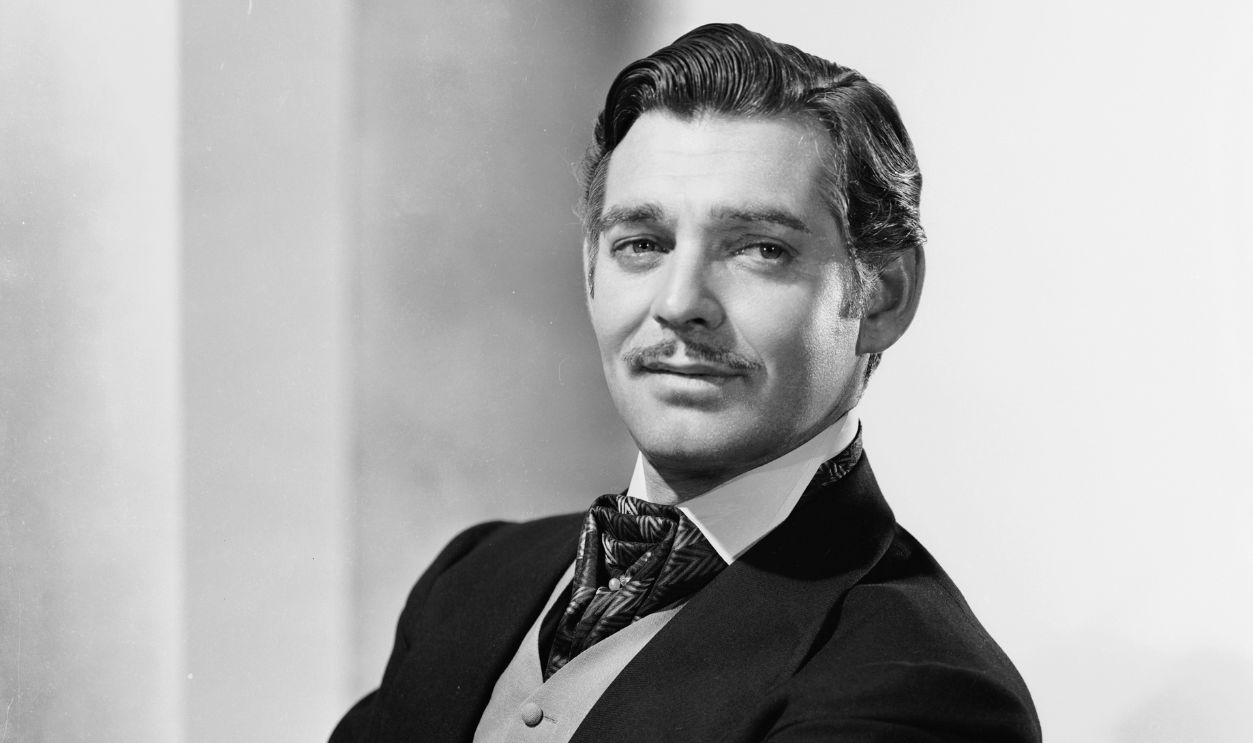 Clarence Sinclair Bull, Getty Images
Clarence Sinclair Bull, Getty Images
A Chance Meeting
Judy did meet her father once, without knowing it. As a child, she was introduced to Gable on a set. He gave her a quick kiss on the forehead and walked away. Only years later did she realize that moment had been her only meeting with her father.
Clark Gable’s Death
In 1960, Clark Gable died suddenly of a heart attack. Hollywood mourned, fans wept, obituaries praised him as the King. But Judy remained absent from the story. In death as in life, she was denied—just another ghost in Gable’s legend.
The World Never Knew
Even after Gable’s death, the secret endured. The public never learned of Judy’s connection until much later. Loretta remained silent, preserving reputations long after the risk had passed. For Judy, that silence was as painful as the denial itself.
Judy Speaks Out
In 1994, Judy Lewis published her memoir, “Uncommon Knowledge.” In it, she told the world the truth of her parentage. The book laid bare the lies, the secrecy, and the pain of growing up denied by Hollywood royalty.
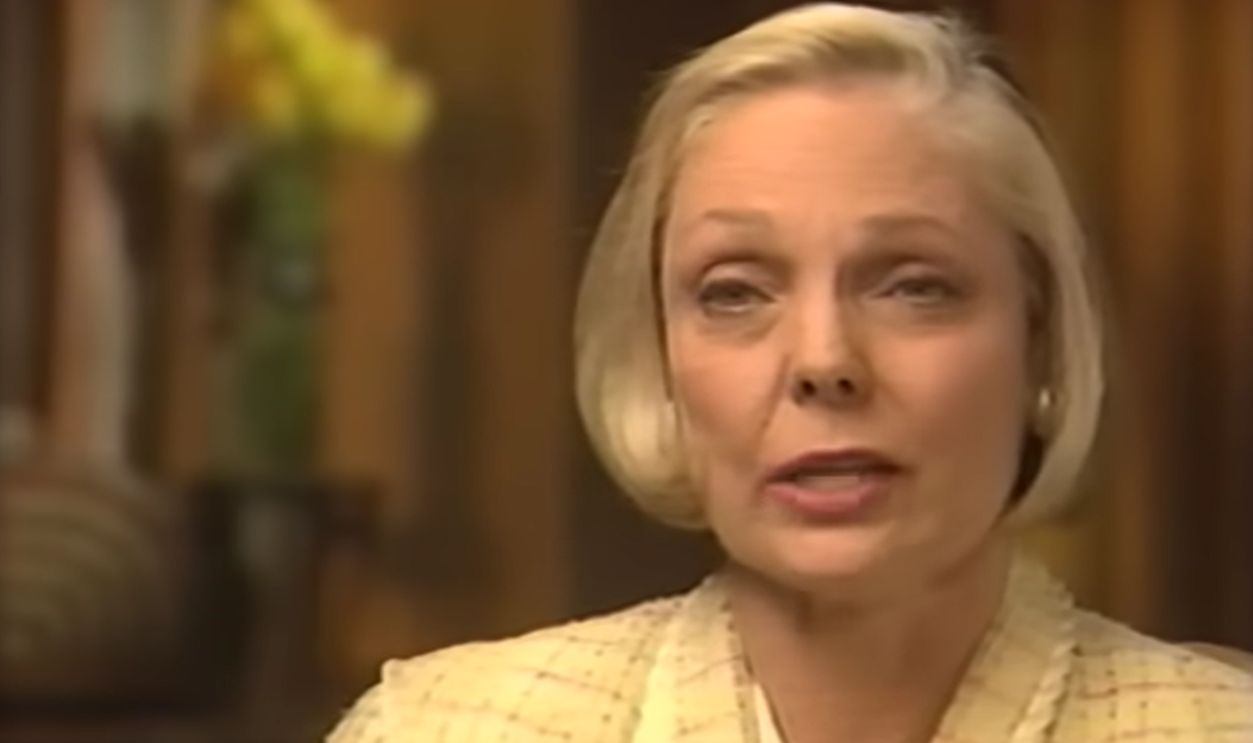 Biography - Loretta Young - Hollywood's Heavenly Beauty, Christopher Lewis
Biography - Loretta Young - Hollywood's Heavenly Beauty, Christopher Lewis
Shockwaves in Hollywood
Judy’s revelation sent ripples through the industry. Fans reevaluated Gable’s legacy; journalists revisited old gossip. What had long been whispered was now in print. The truth was undeniable—Clark Gable had a daughter, and he had refused to claim her.
Loretta’s Late Admission
In her later years, Loretta Young confirmed the truth more openly. She admitted Gable was Judy’s father. But by then, the damage was done. The decades of silence had already defined Judy’s life.
The Non-Consensual Revelation
In 1998, Loretta’s daughter-in-law revealed that Loretta had privately described Judy’s conception as “non-consensual.” Loretta herself never said it publicly, but the revelation definitely reframed the story (especially for a modern audience—suggesting Loretta’s silence was rooted not only in fear of scandal but also trauma.
Judy’s Search for Identity
Throughout her life, Judy struggled with identity. Who was she really? A Hollywood child? An unwanted secret? A star’s forgotten daughter? Her memoir made sense of the fragments, but the wounds never fully healed.
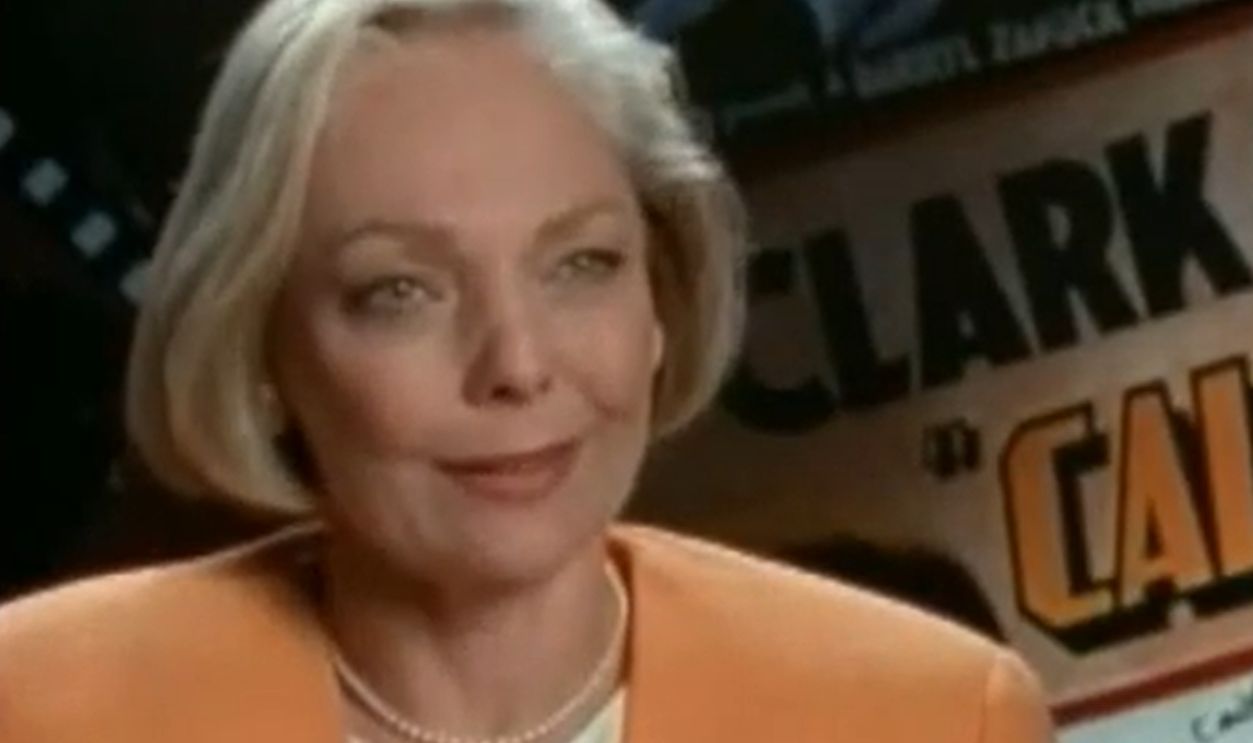 The Story of Clark Gable and Loretta Young's Daughter, Tori Mentz
The Story of Clark Gable and Loretta Young's Daughter, Tori Mentz
Forgiveness and Pain
Despite everything, Judy longed for acceptance. She once said she wished Gable had just written her a note, acknowledged her in some way. But he never did. Forgiveness was possible, but the pain remained.
Building Her Own Life
Judy went on to build her own career in acting and as a psychotherapist. She married, raised a daughter, and carved out a life beyond Hollywood’s shadows. Her story became one of survival, resilience, and self‑definition.
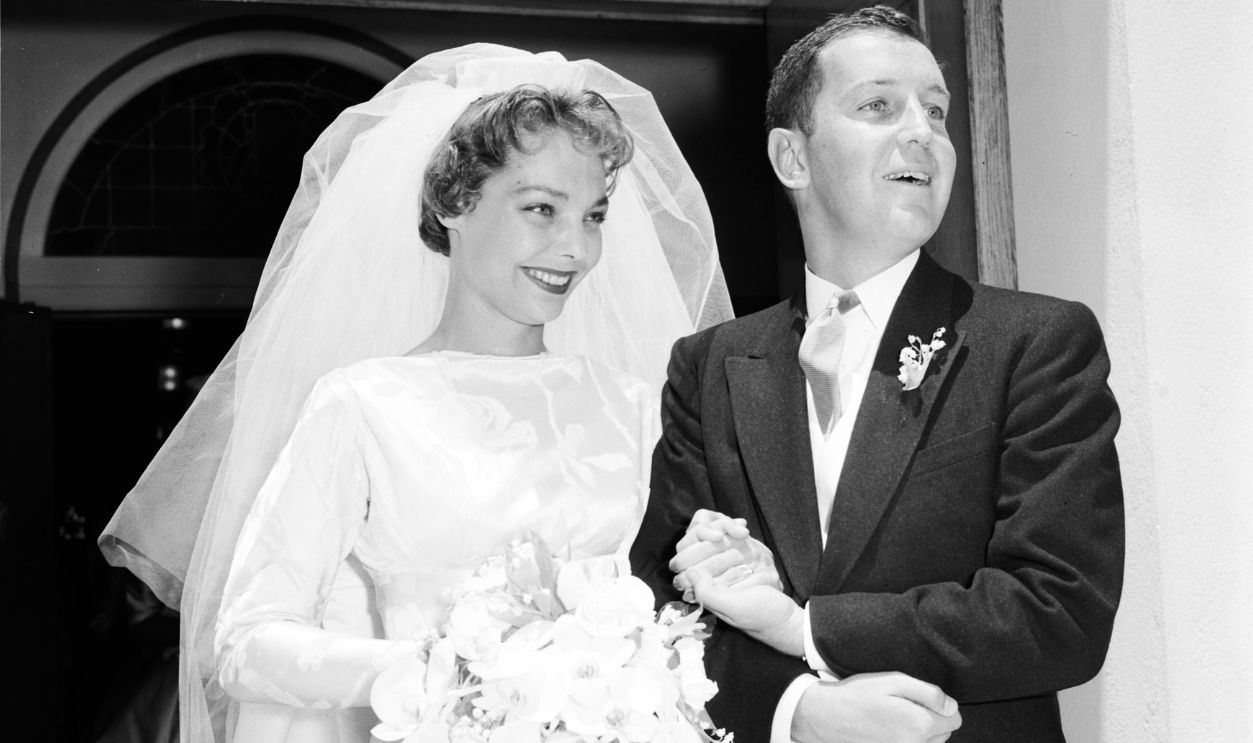 University of Southern California, Getty Images
University of Southern California, Getty Images
The Public’s Reaction
Many fans of Gable were shocked by Judy’s story. Some decided not to believe it; others accepted it as part of the perils of stardom, and were able to separate the actor on screen from the man off it. Can you?
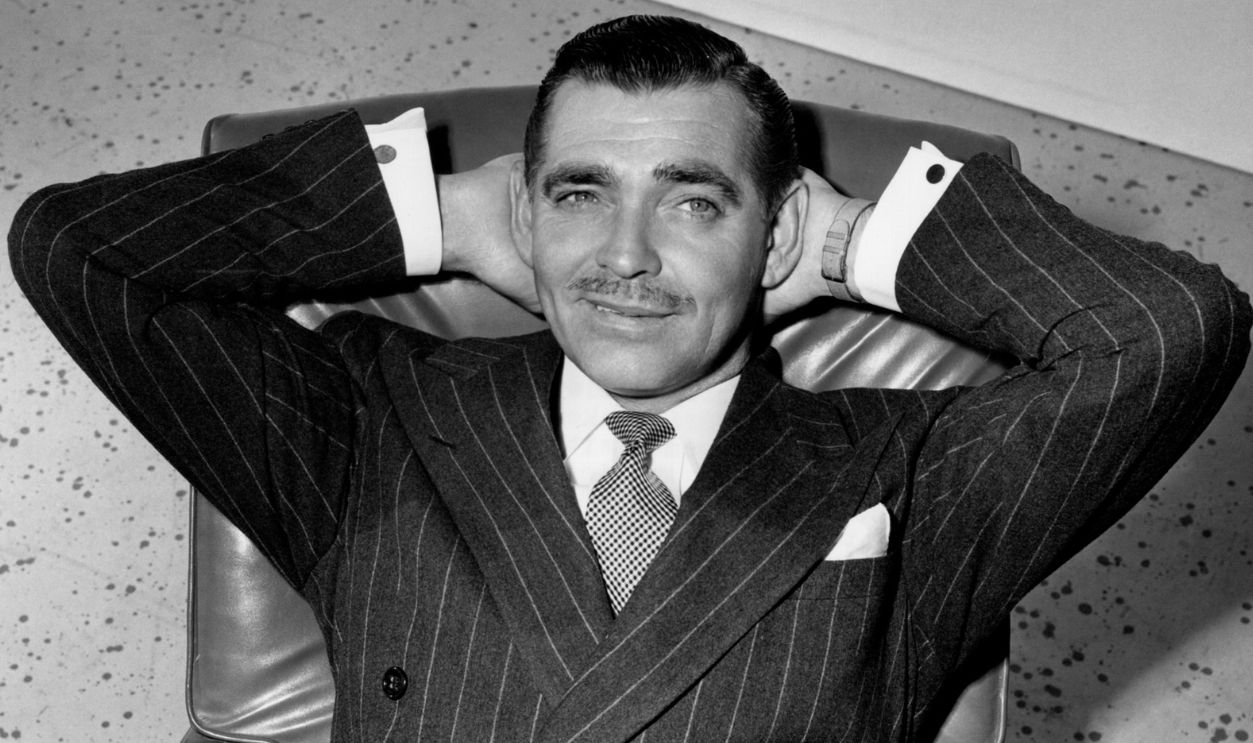 De Carvalho Collection, Getty Images
De Carvalho Collection, Getty Images
Loretta’s Reputation
Loretta Young’s image shifted too. She remained respected, but her story revealed the cost of Hollywood’s control over women—something that has only become more and more part of the public conversation in the last decades.
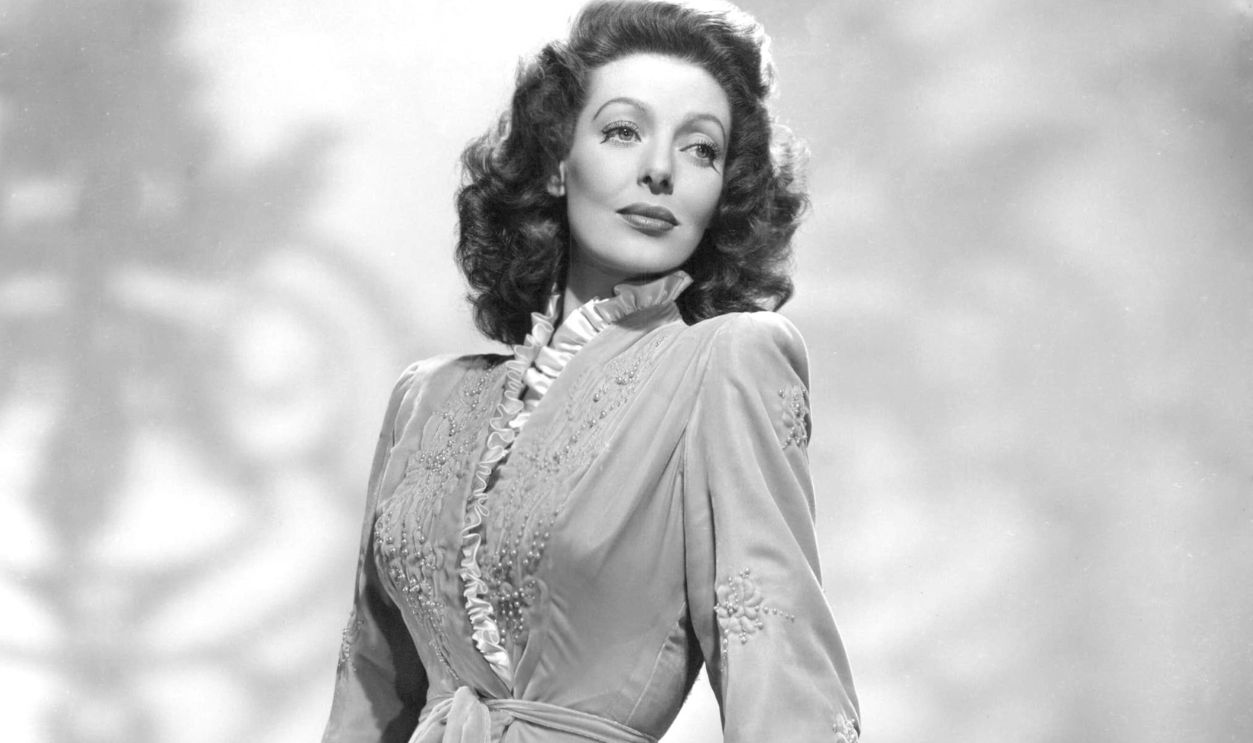 Silver Screen Collection, Getty Images
Silver Screen Collection, Getty Images
Judy’s Later Reflections
In interviews later in life, Judy described peace in having told her story. Speaking out brought a measure of closure, even if the hurt never fully faded. Her honesty made her legacy distinct from her father’s.
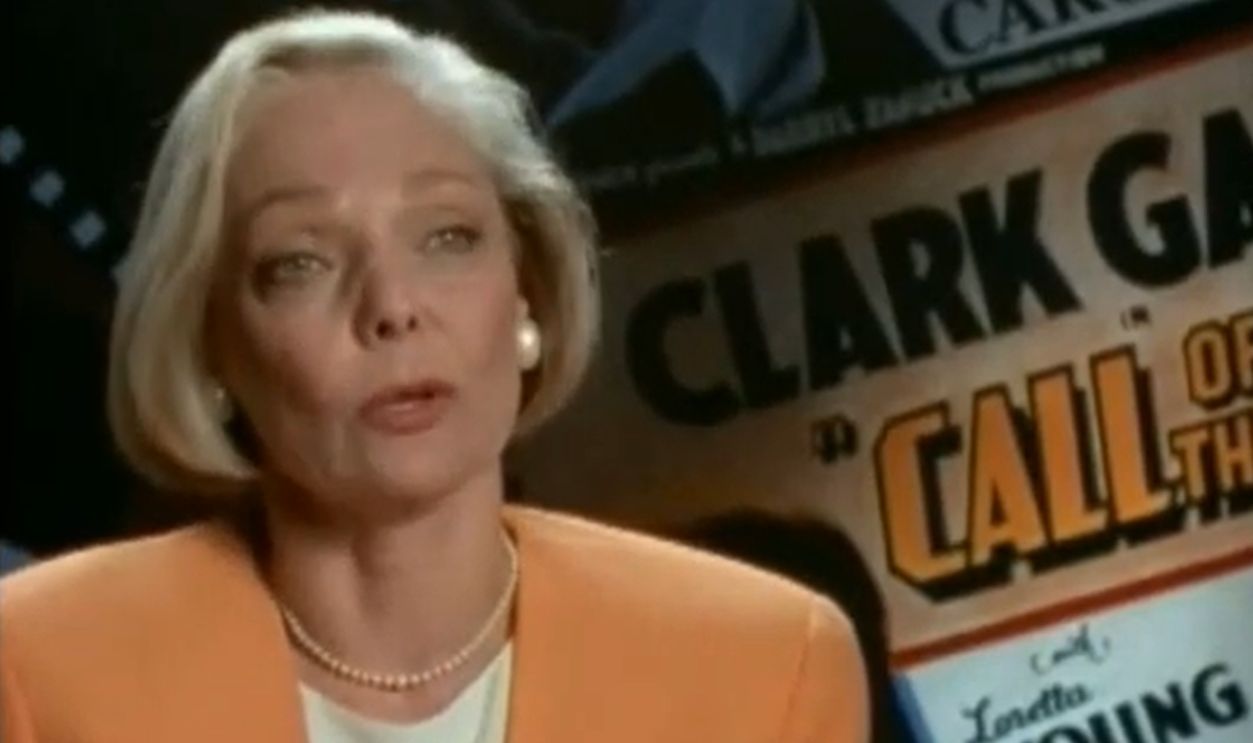 The Story of Clark Gable and Loretta Young's Daughter, Tori Mentz
The Story of Clark Gable and Loretta Young's Daughter, Tori Mentz
Passing of Judy Lewis
In 2011, Judy Lewis passed away at the age of 76. Obituaries noted her work as an actress and therapist—but also the shadow of her famous parentage. She died still the daughter Clark Gable never claimed.
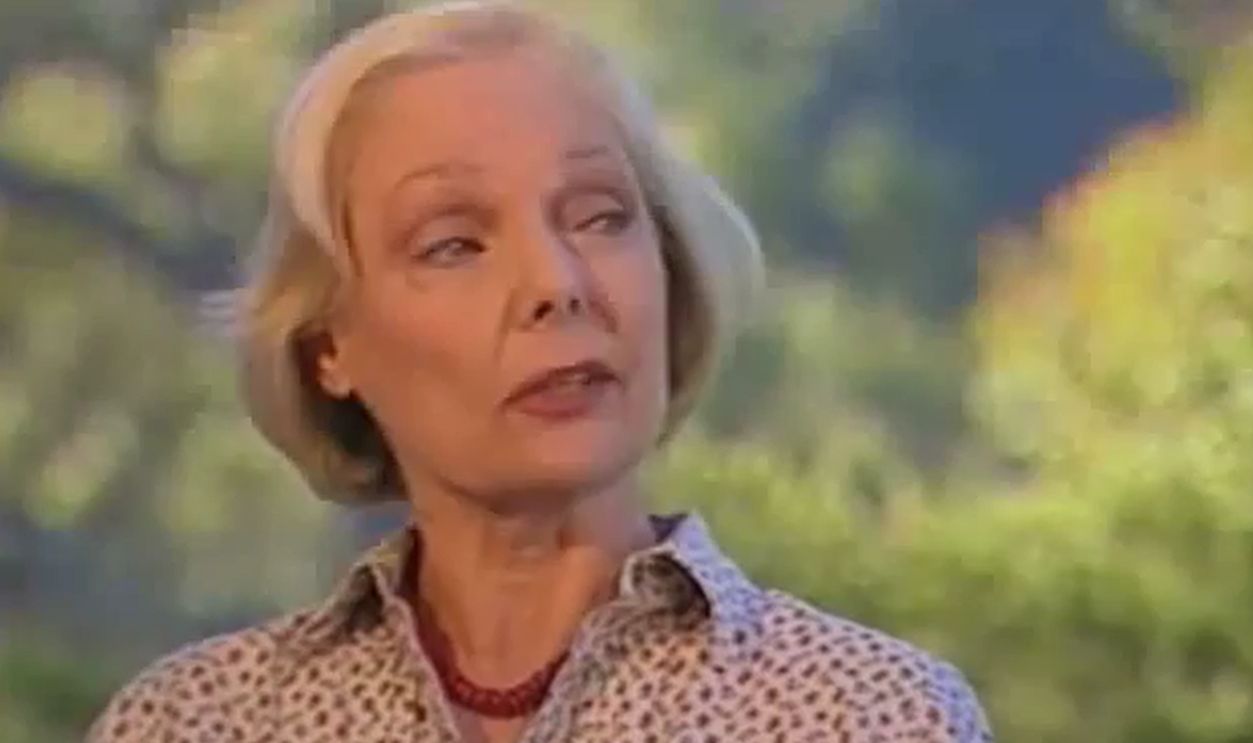 Loretta Young's Children Talk About The Loretta Young Show, Christopher Lewis
Loretta Young's Children Talk About The Loretta Young Show, Christopher Lewis
A Legacy of Silence
The story of Clark Gable and Judy Lewis is not just gossip—it’s a reflection of Hollywood’s darker side. The image of perfection was built on silence, denial, and cover‑ups that ruined lives behind the glamour.
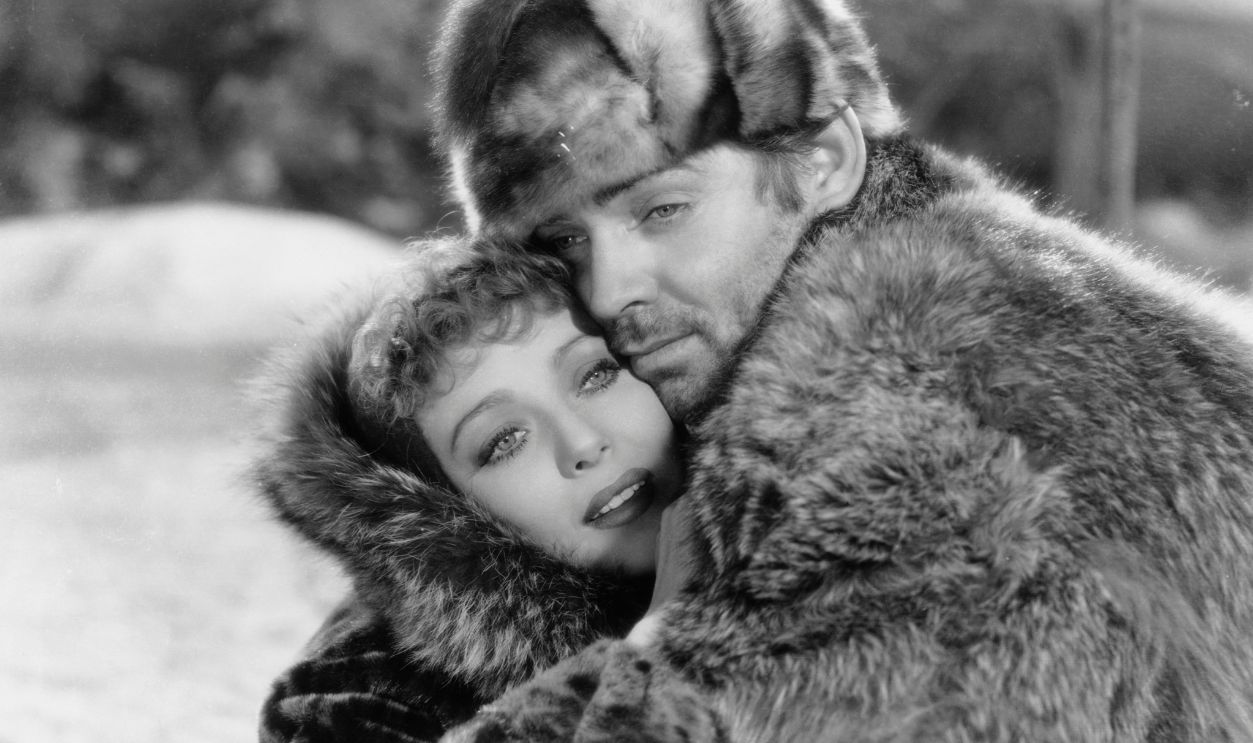 John Springer Collection, Getty Images
John Springer Collection, Getty Images
What It Means Today
Today, Judy’s story is part of the larger conversation about power, image, and the treatment of women in Hollywood. It’s a reminder that behind the legends are human beings—and sometimes, human failings.
Gable’s Enduring Myth
Despite it all, Gable remains Hollywood royalty in the eyes of fans. His films, especially Gone with the Wind, keep his image alive. But knowing Judy’s story complicates that legacy, adding shadows to the legend of the King.
The Final Word
Judy Lewis gave the final word in her memoir. She spoke her truth, refused to be silenced, and carved her place in the story. Her life stands as both a warning and a testament to resilience—a daughter denied, but never erased.
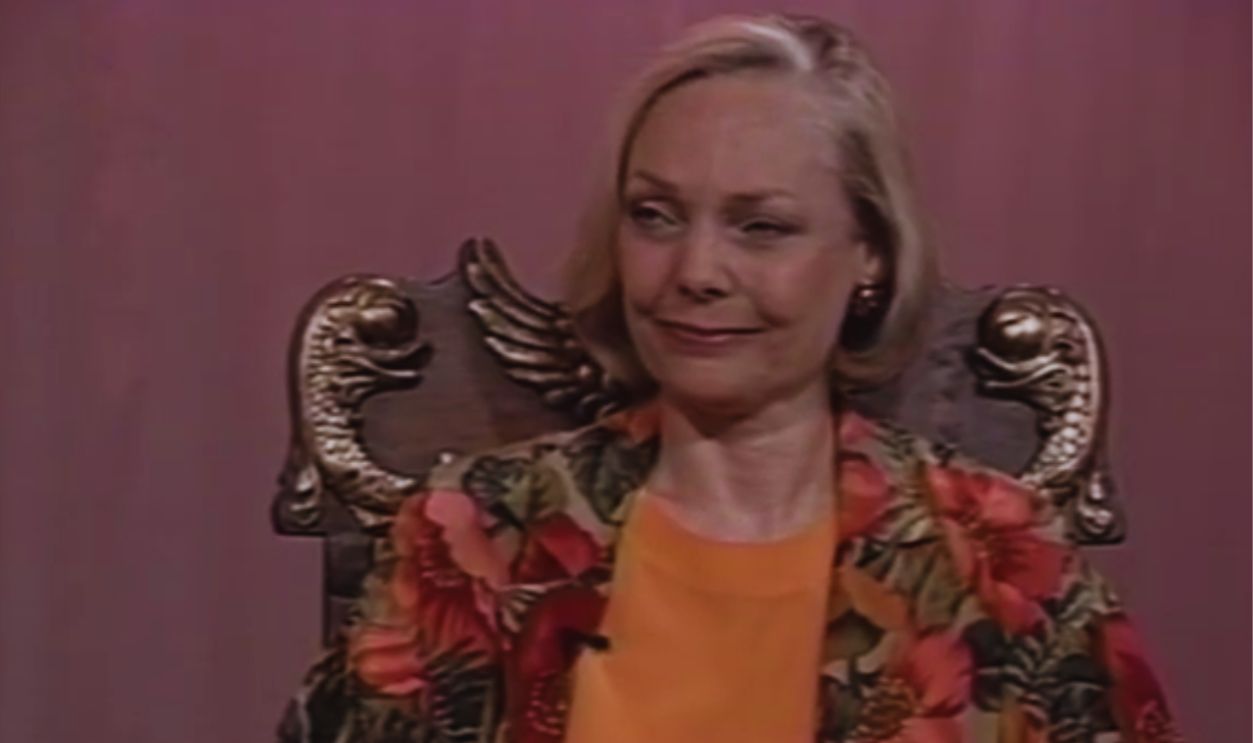 Joan Quinn Profiles: Judy Lewis and Bob Biggs, JOAN QUINN PROFILES
Joan Quinn Profiles: Judy Lewis and Bob Biggs, JOAN QUINN PROFILES
You Might Also Like:
Actors Who Came Back After Very Public Controversies

